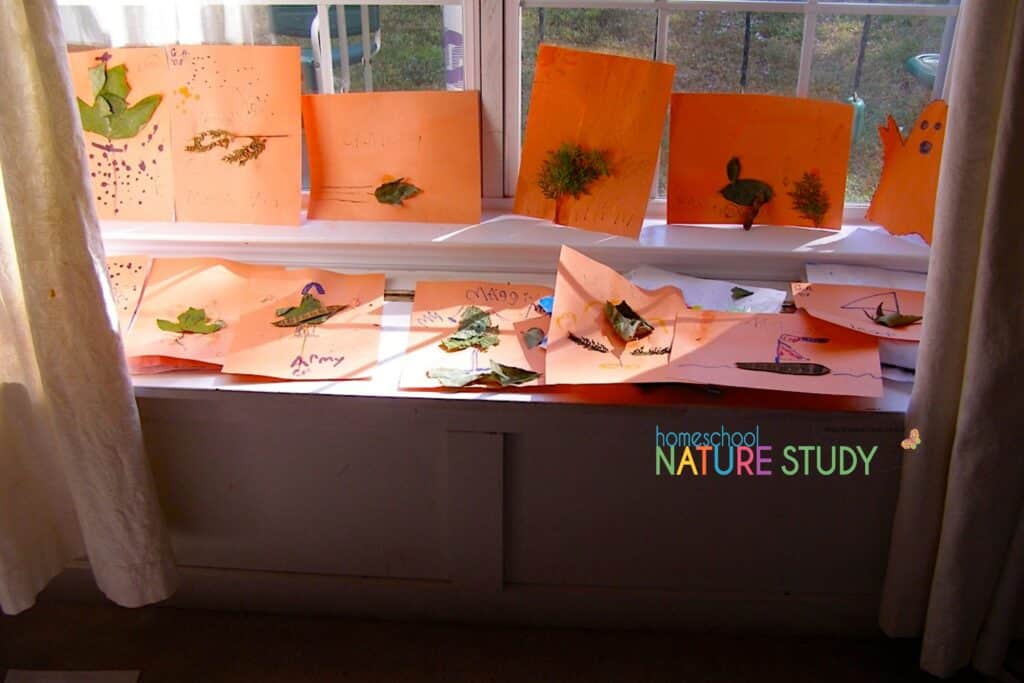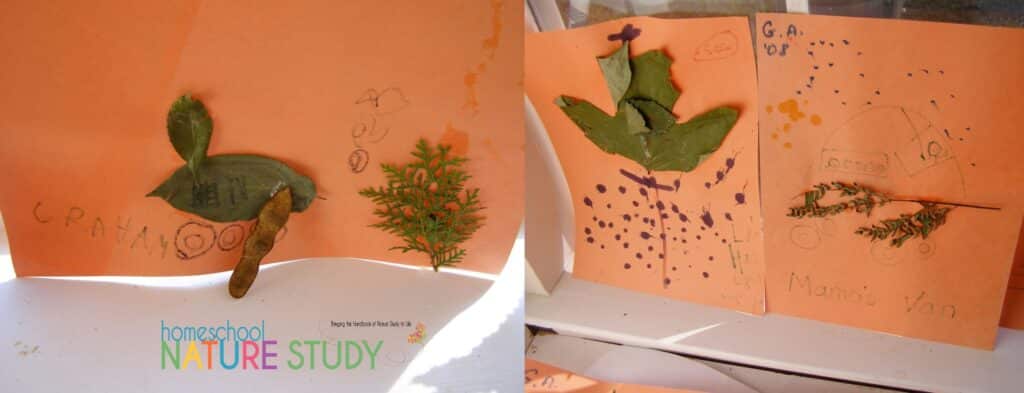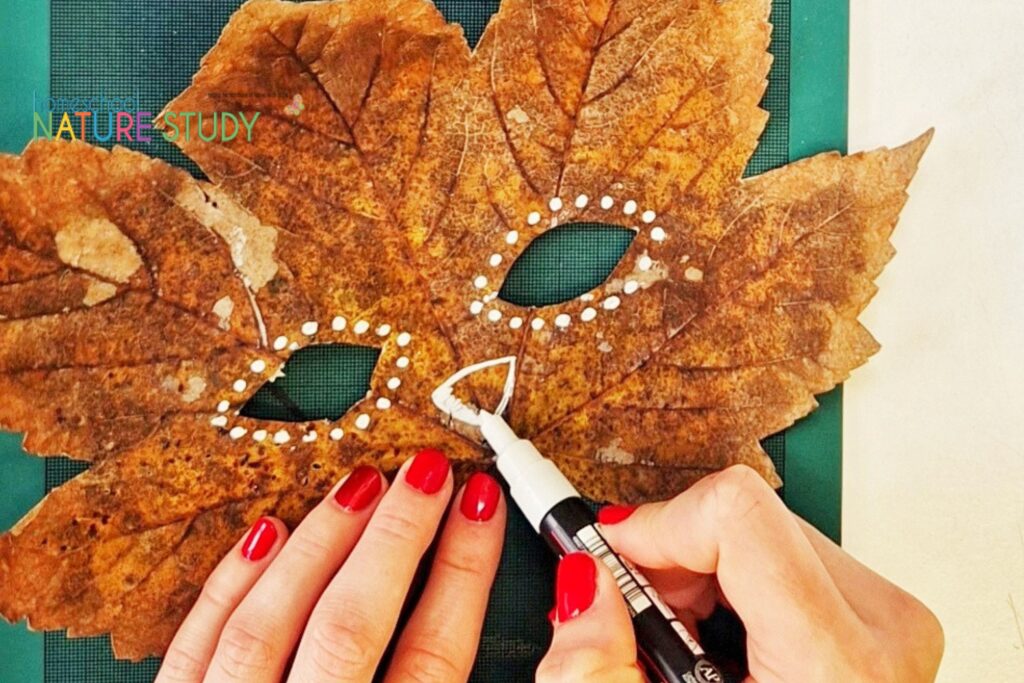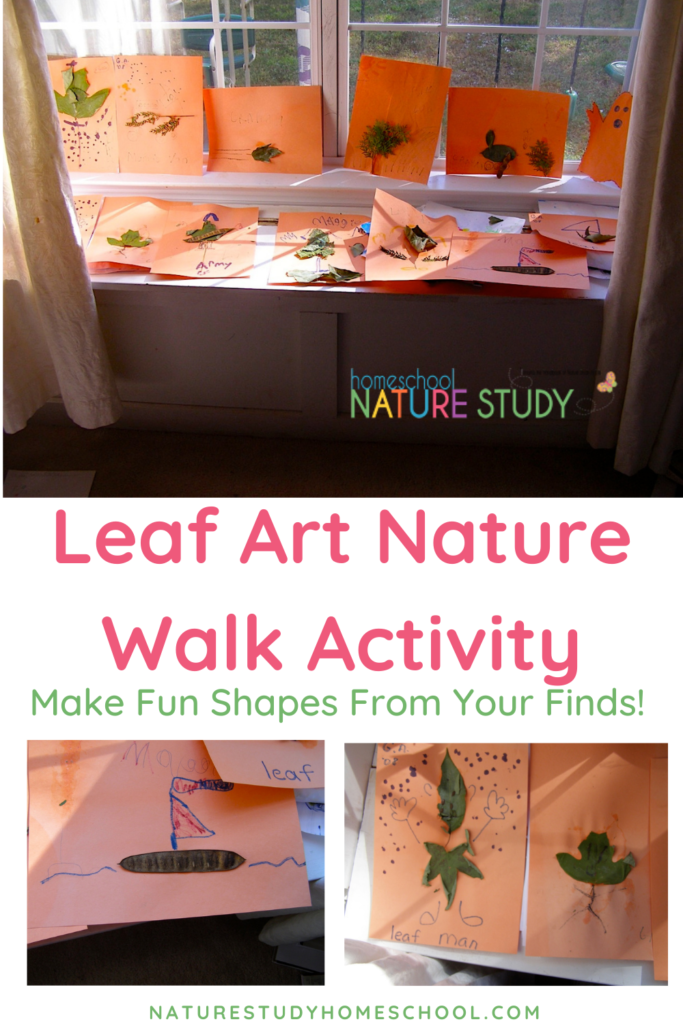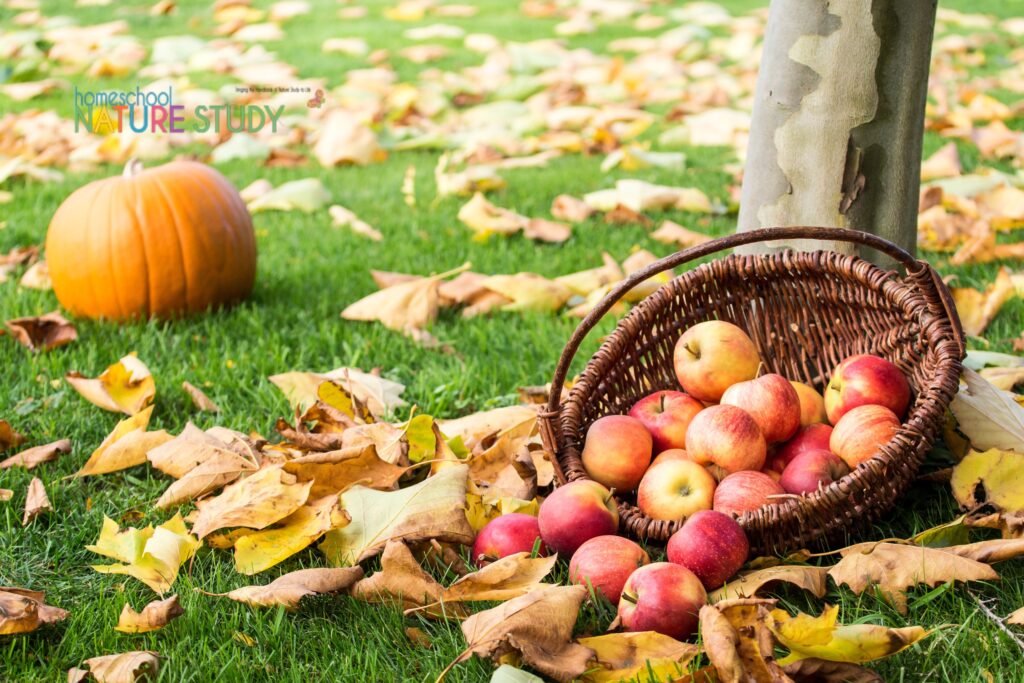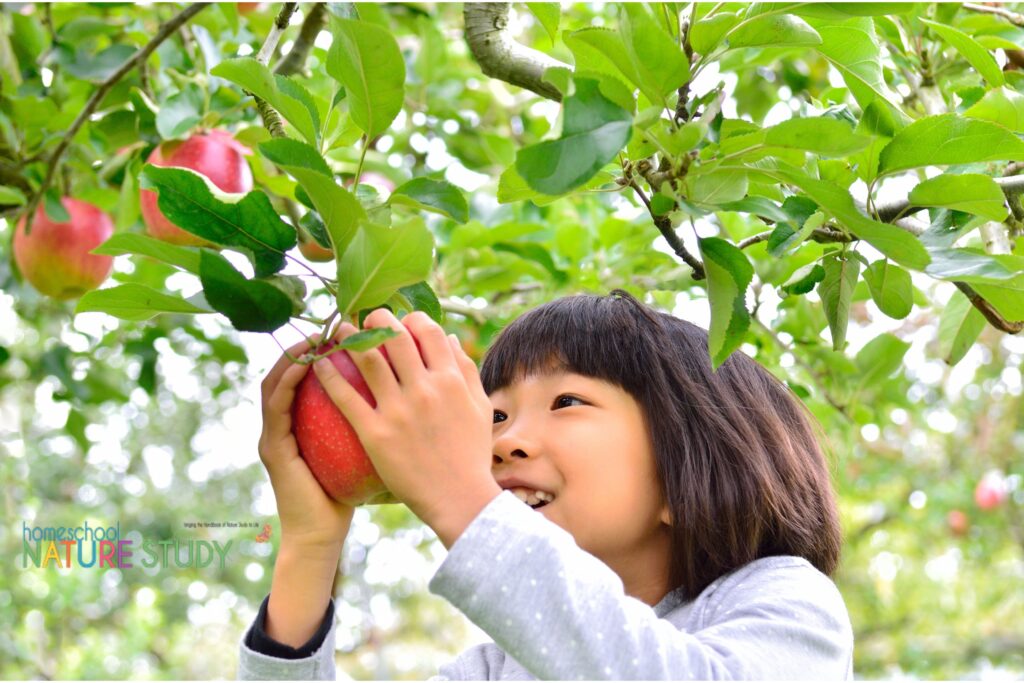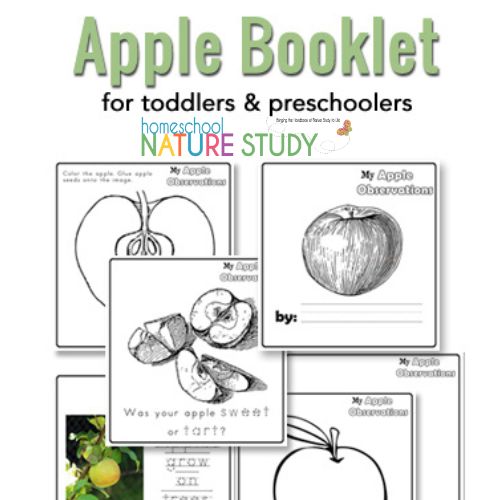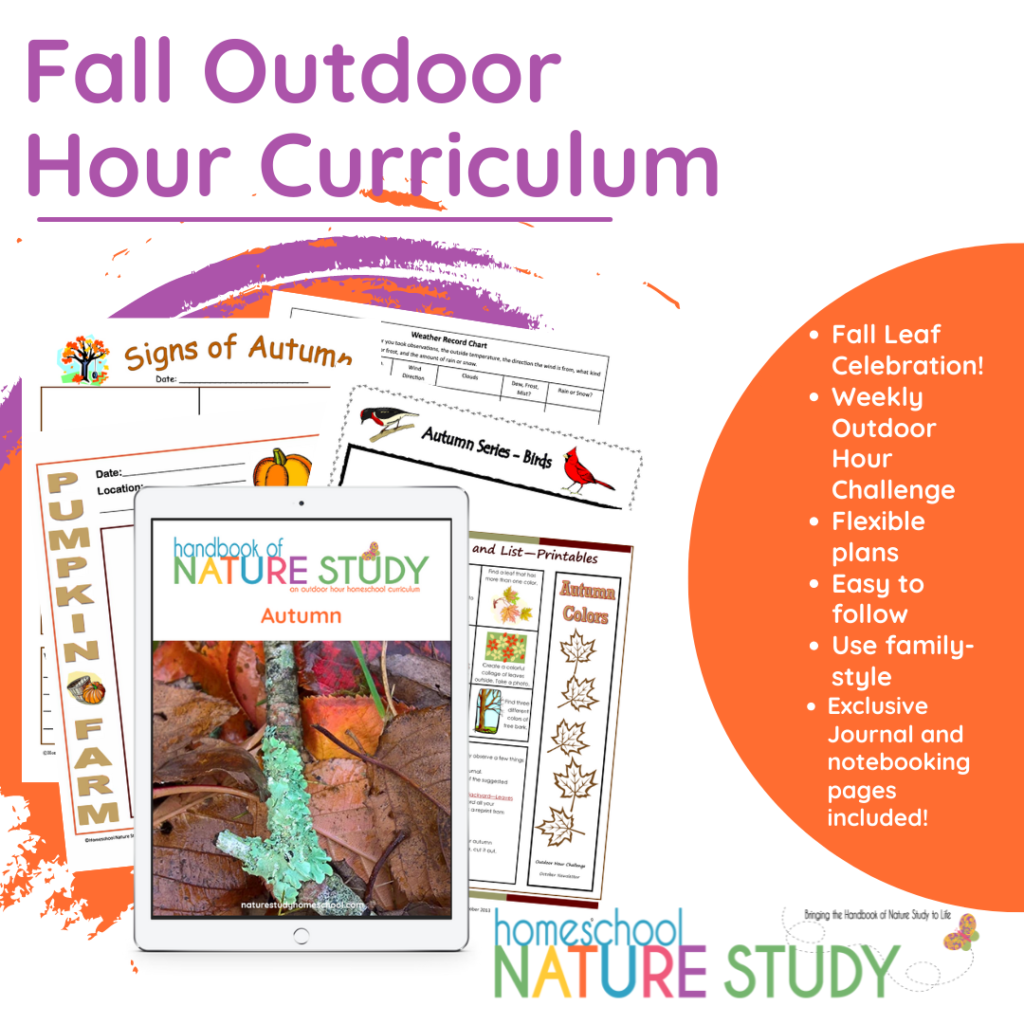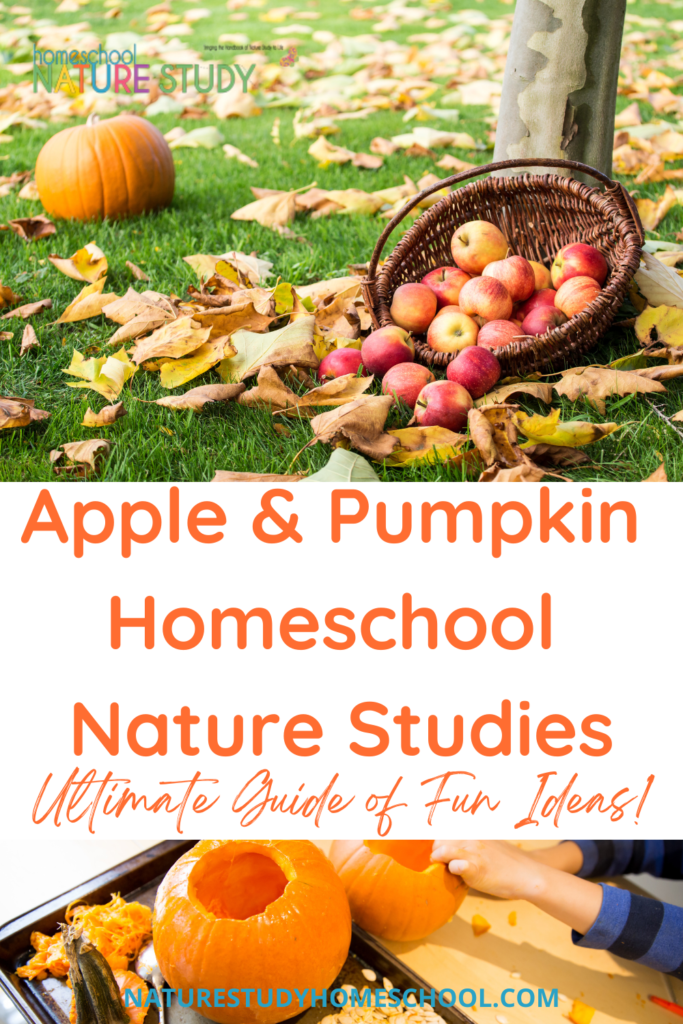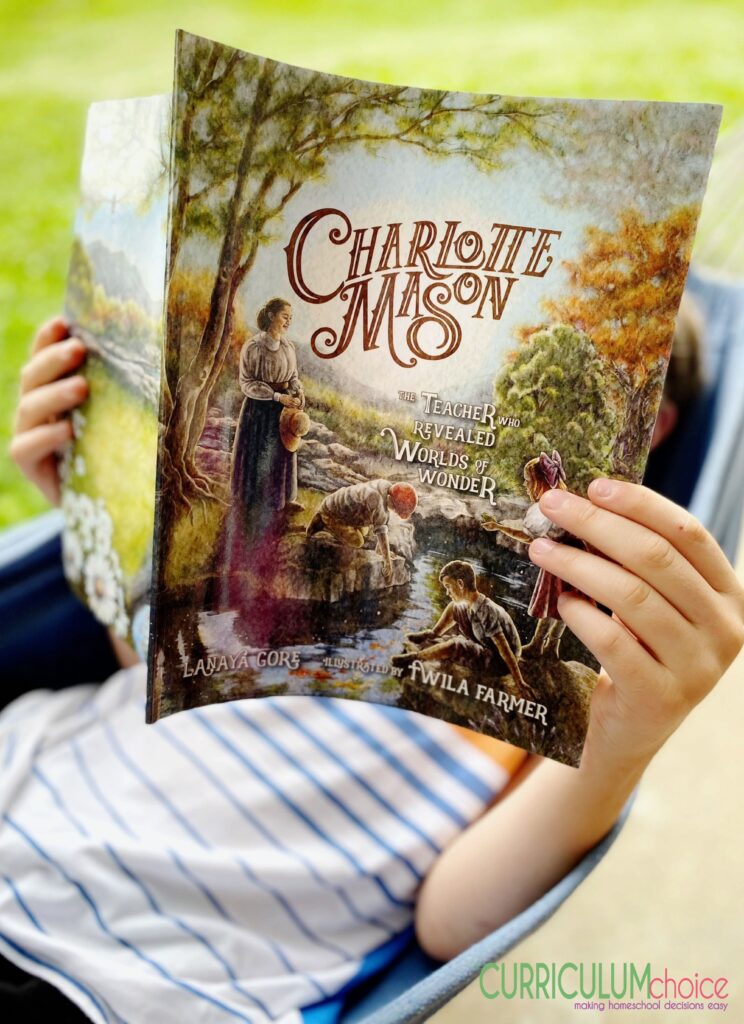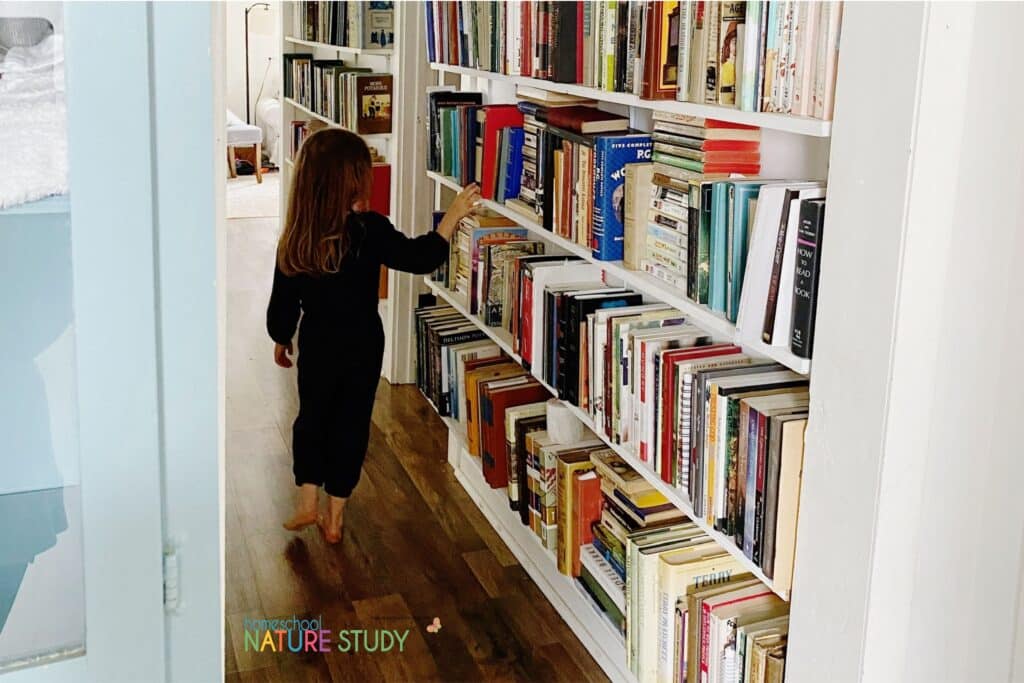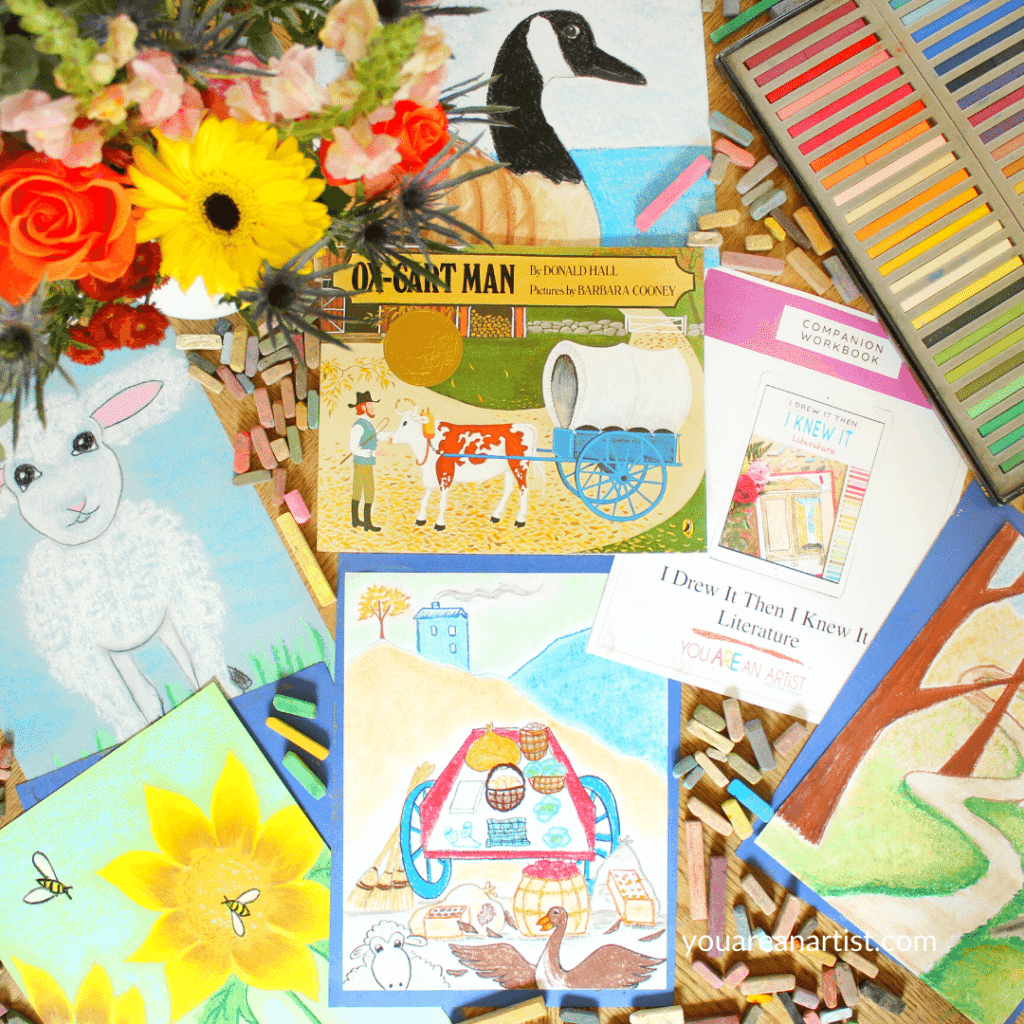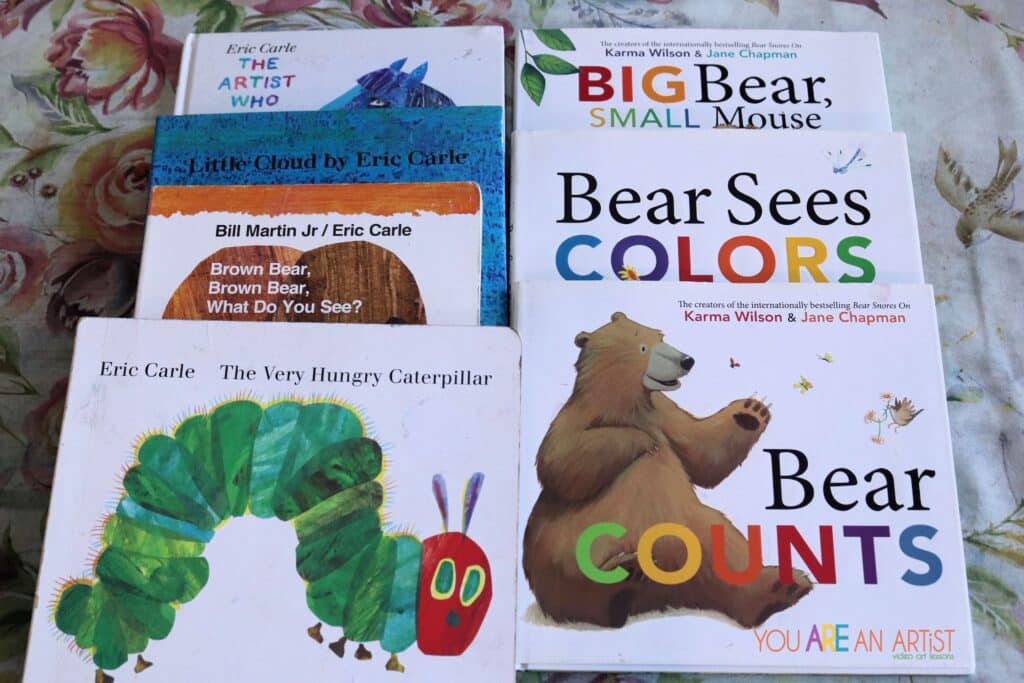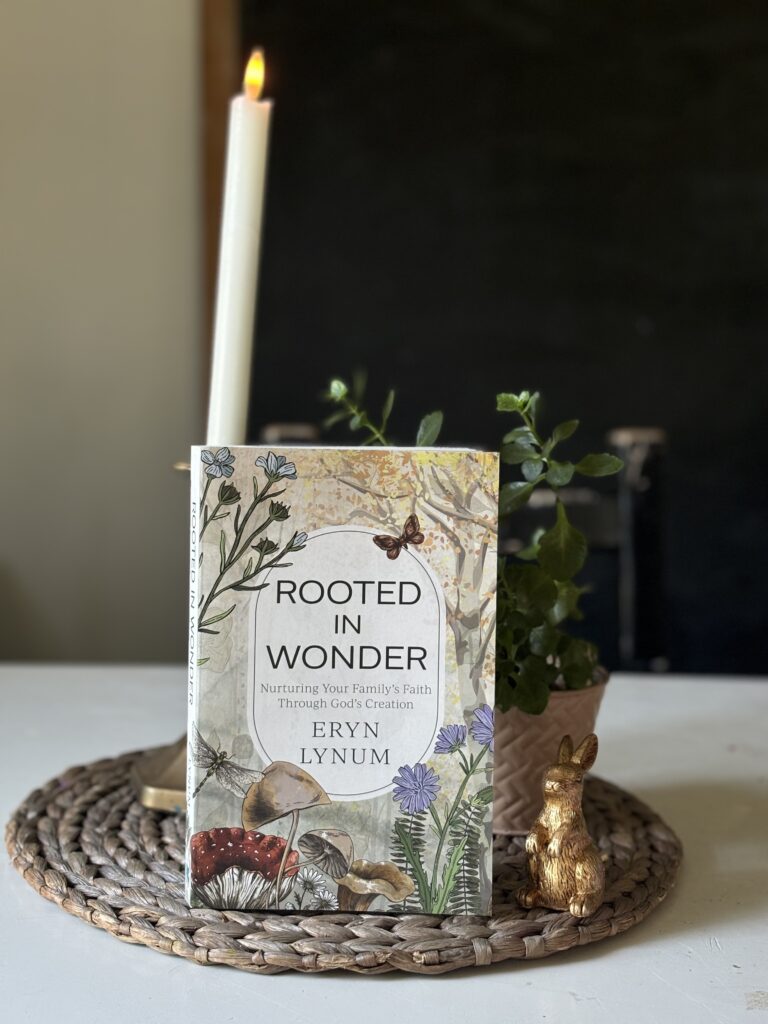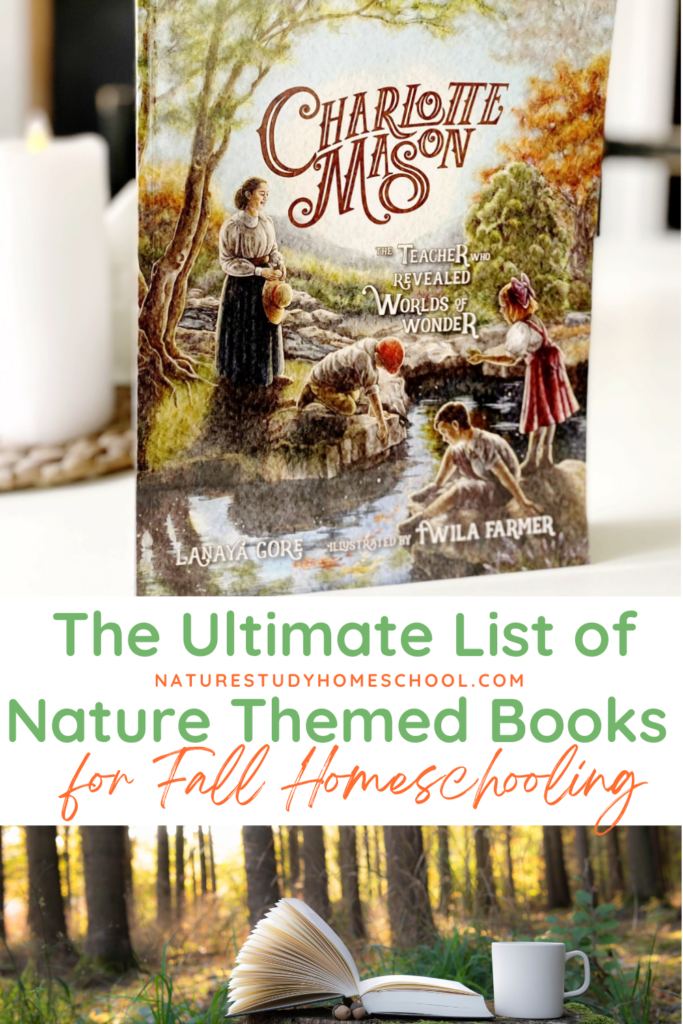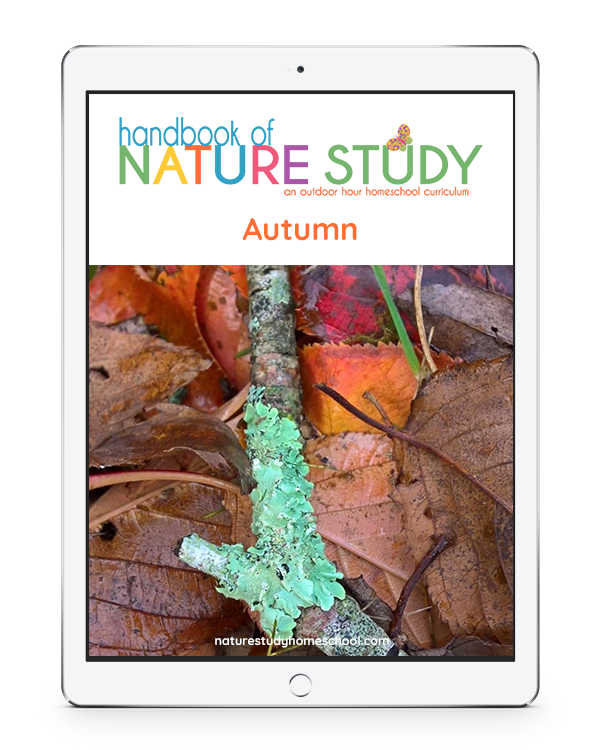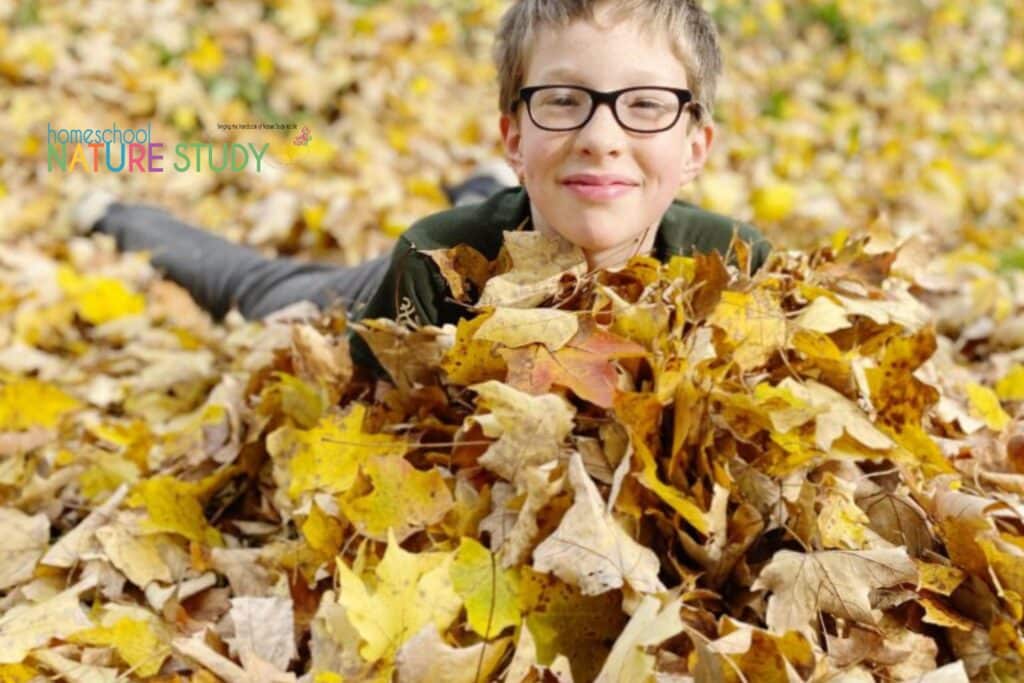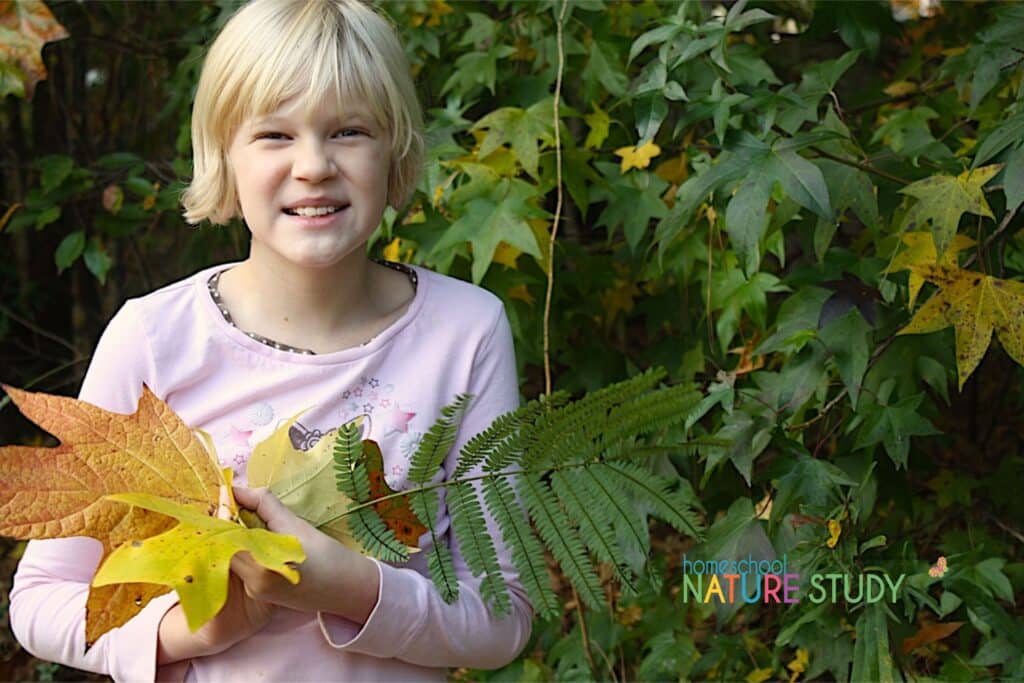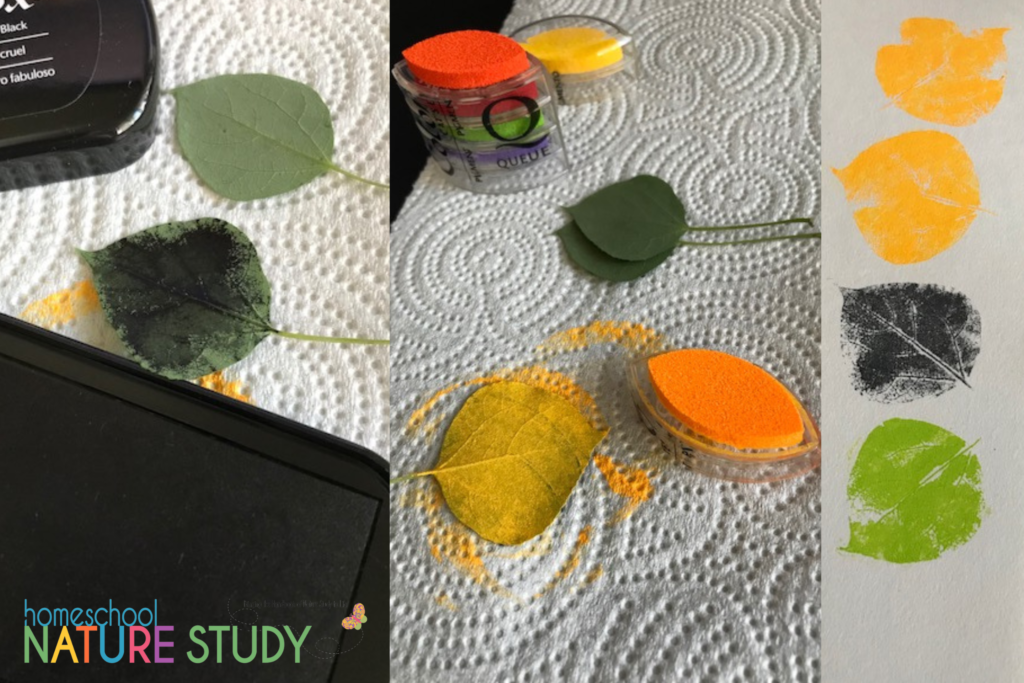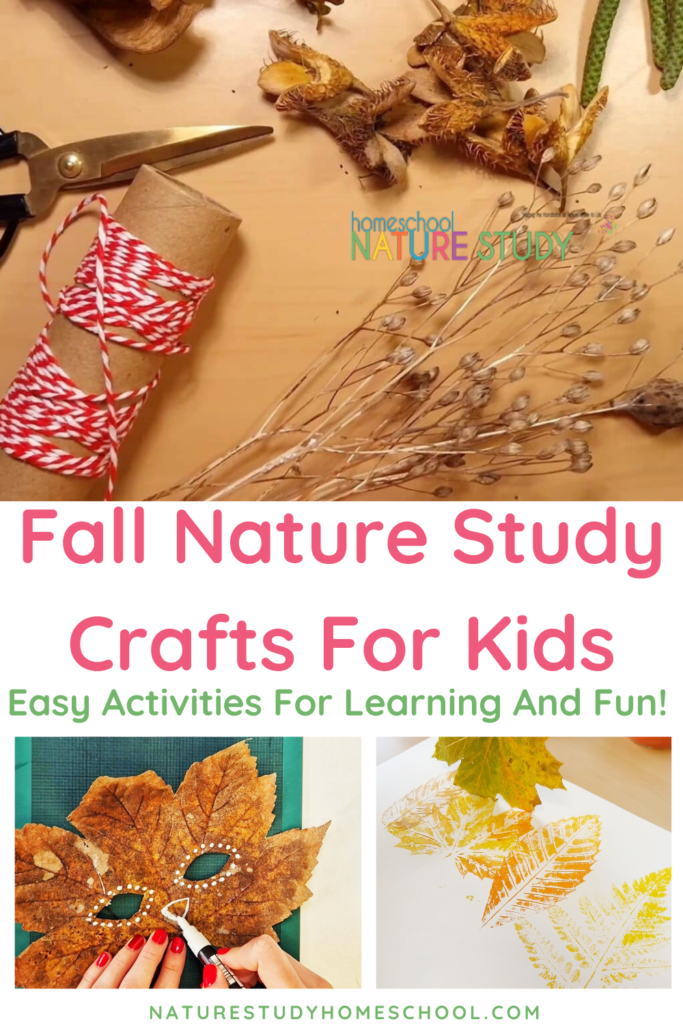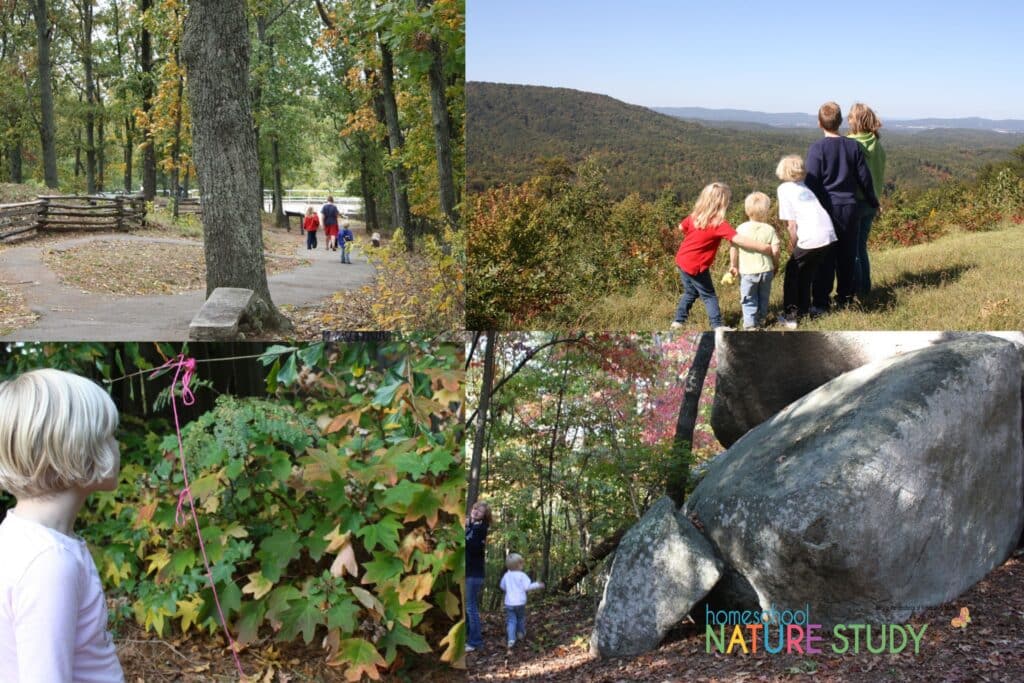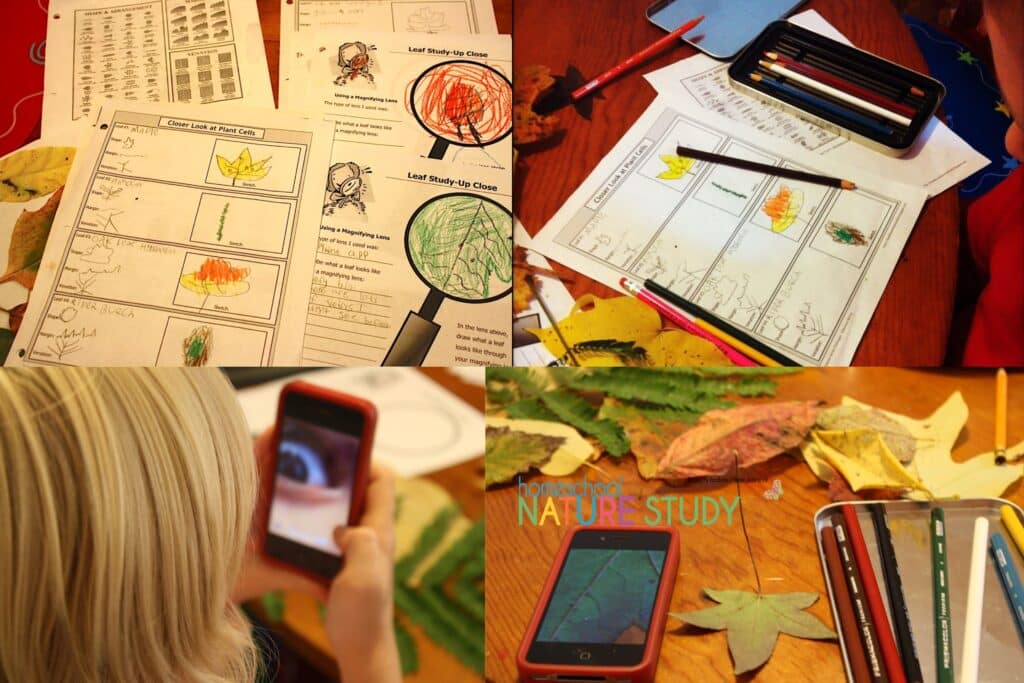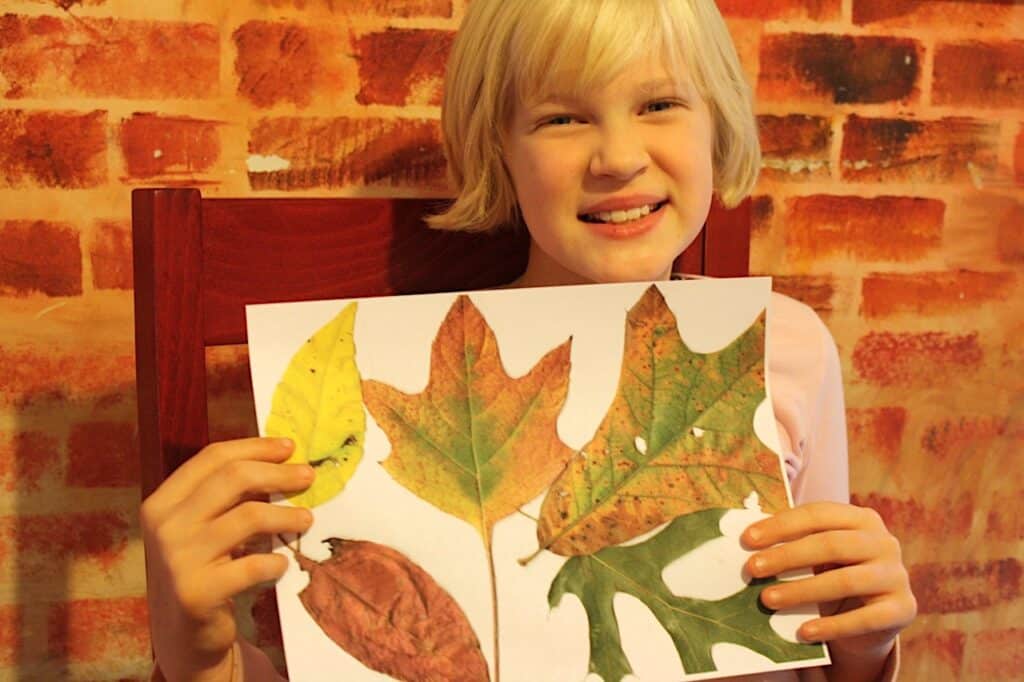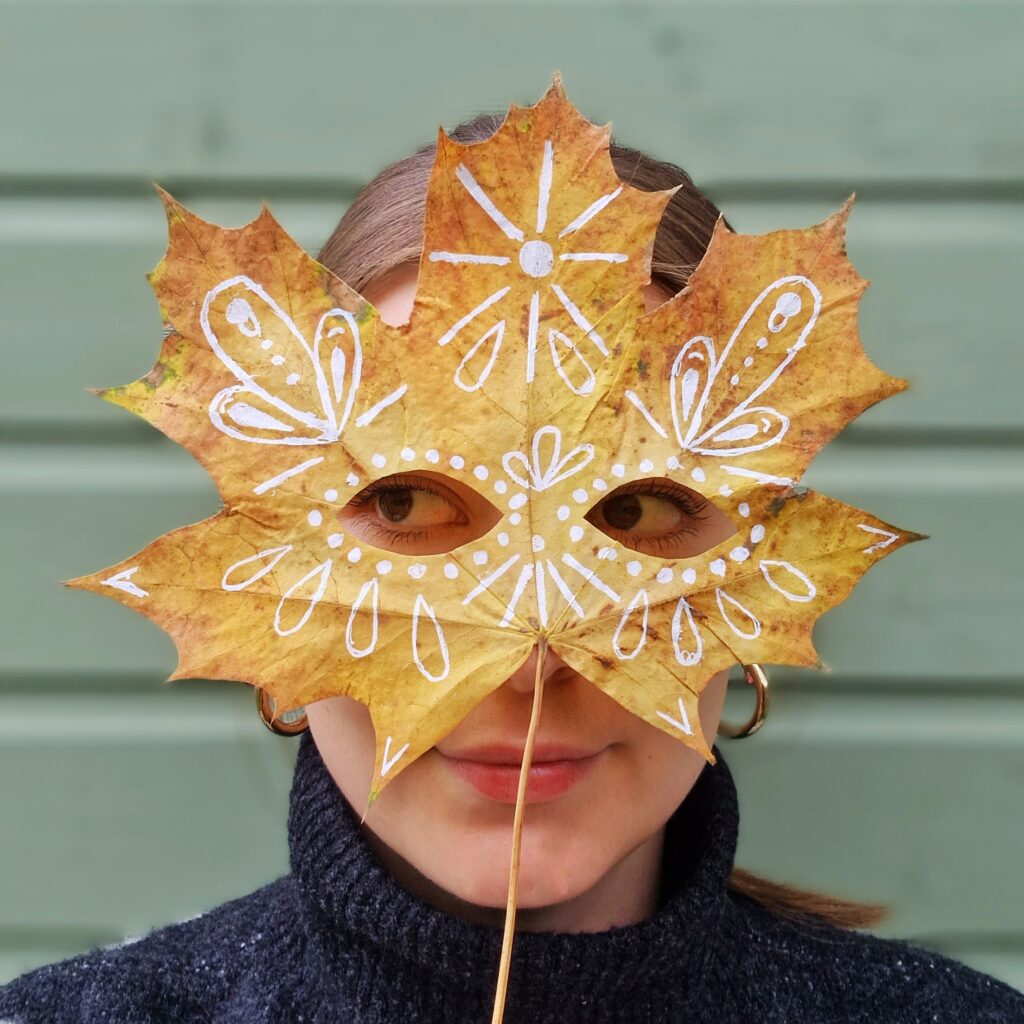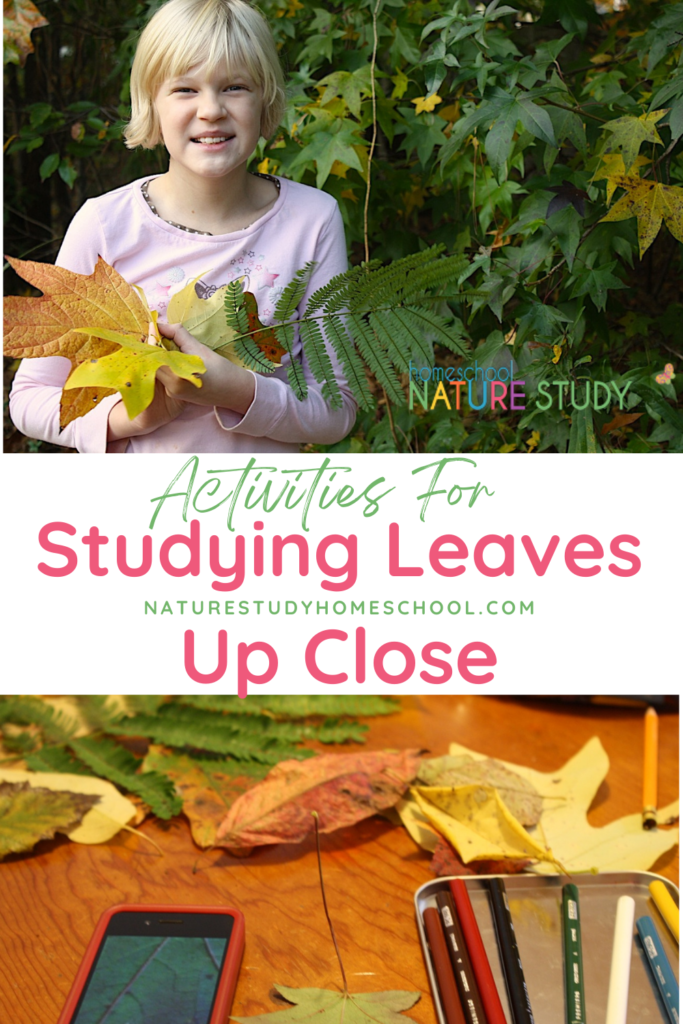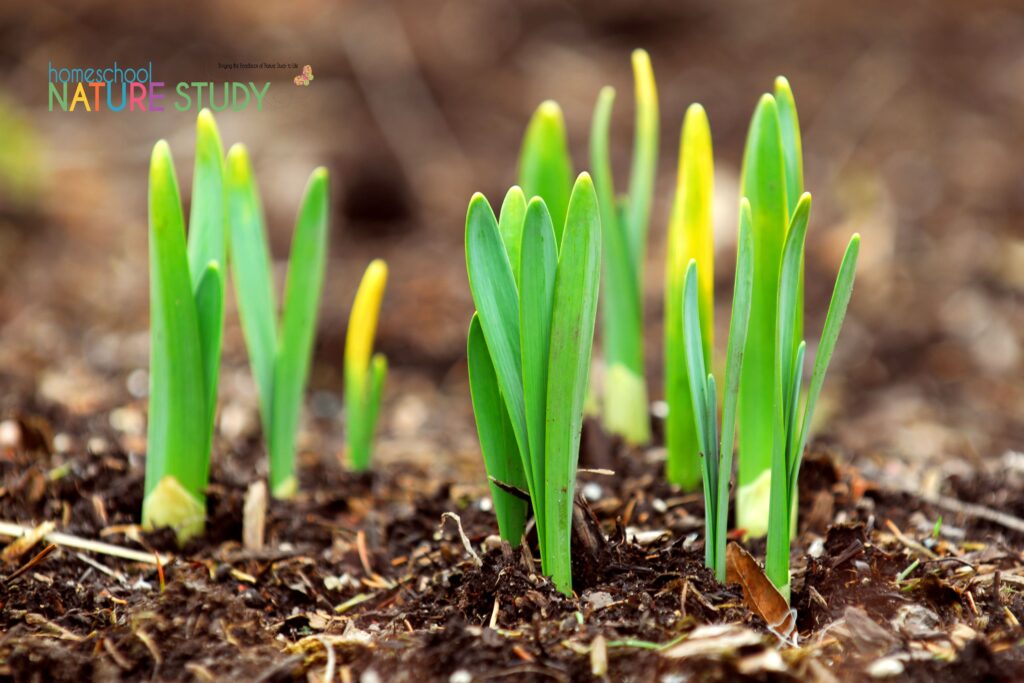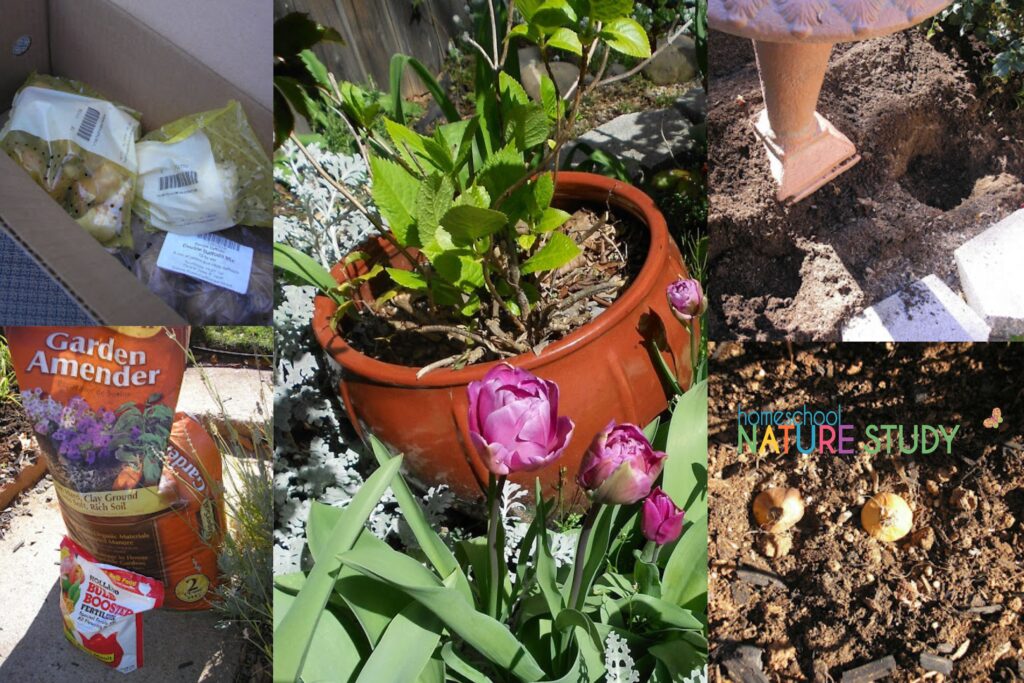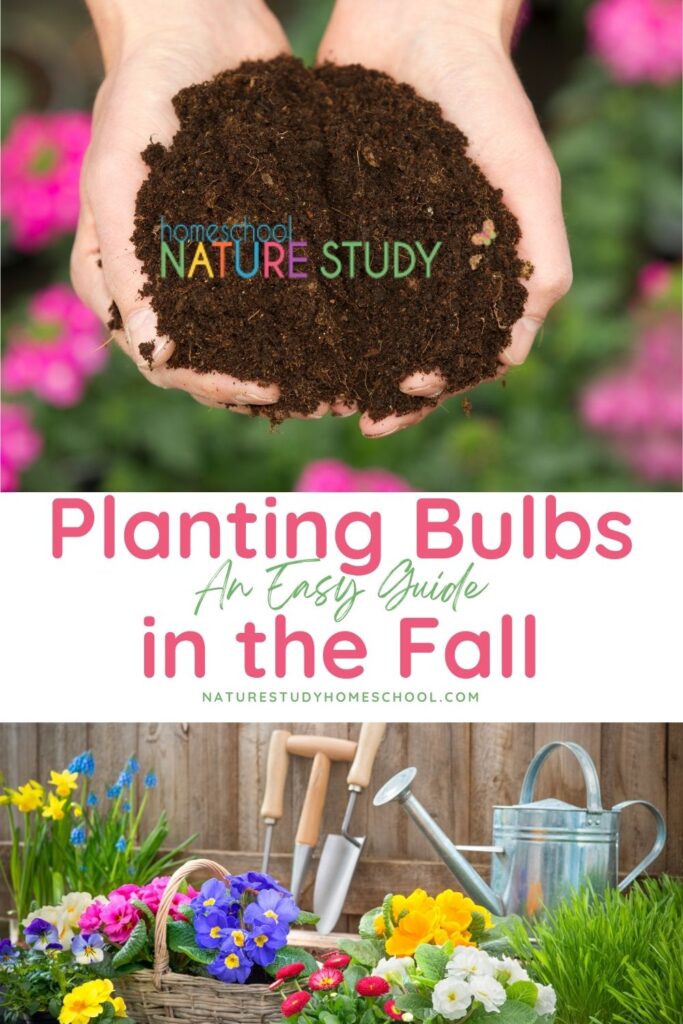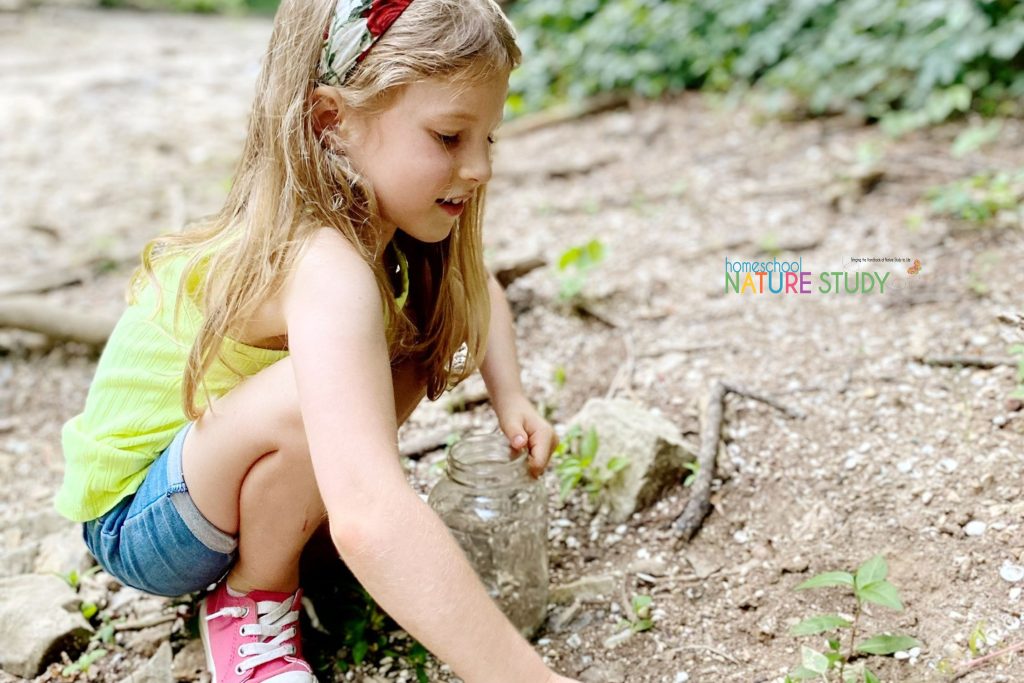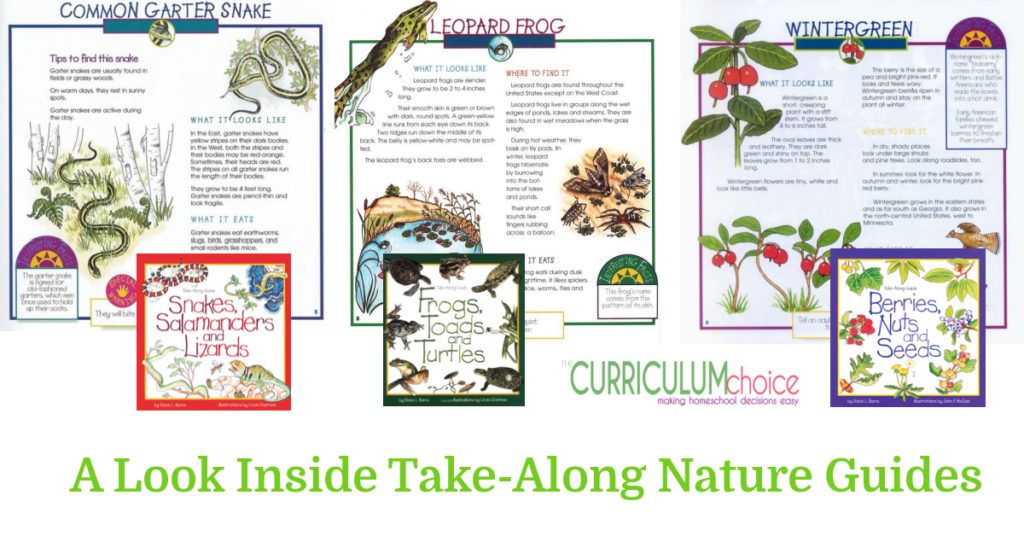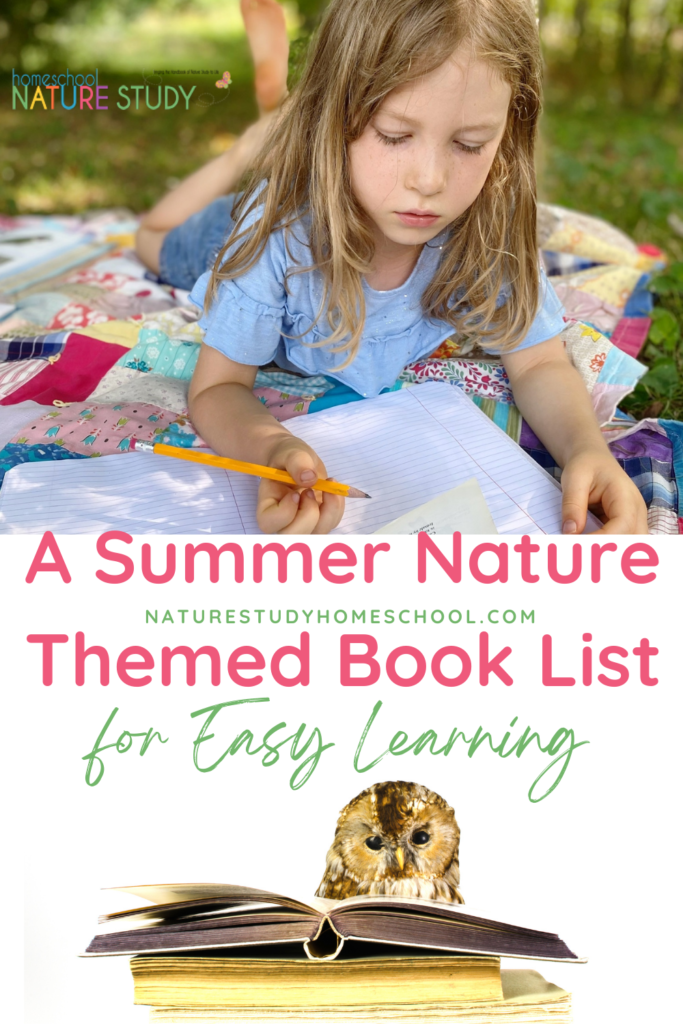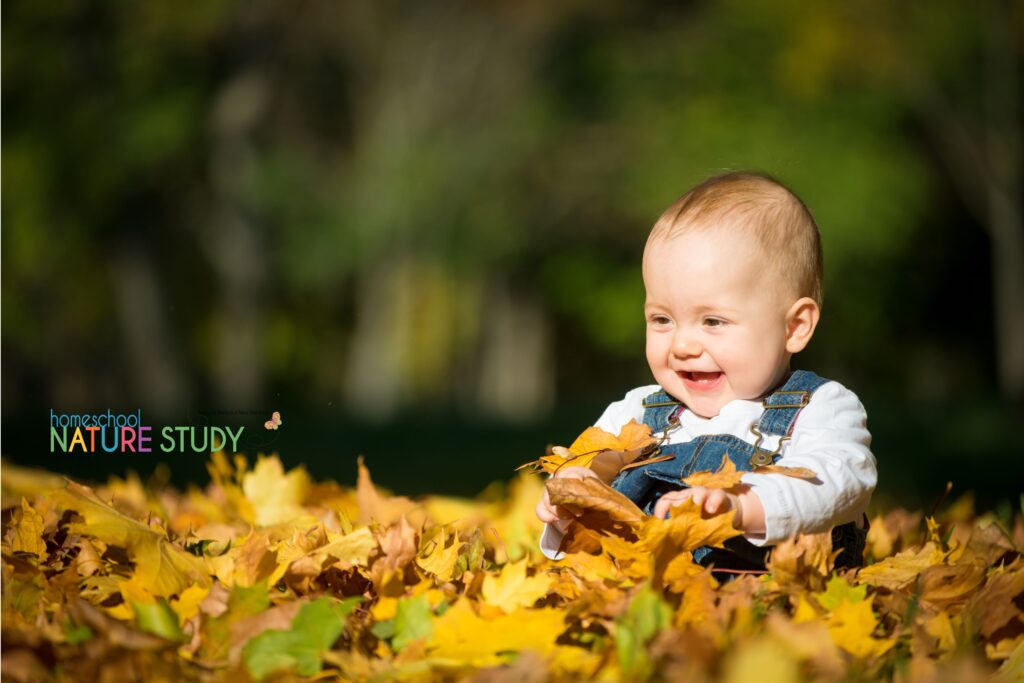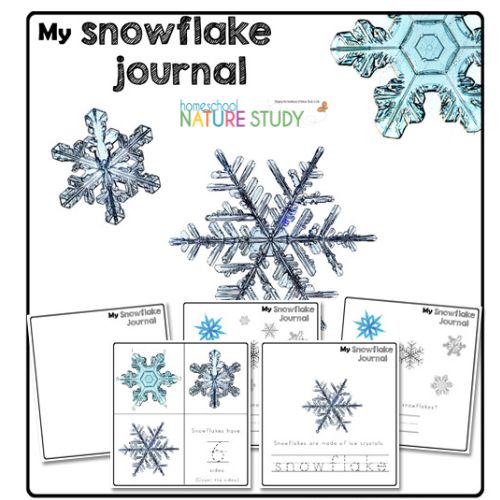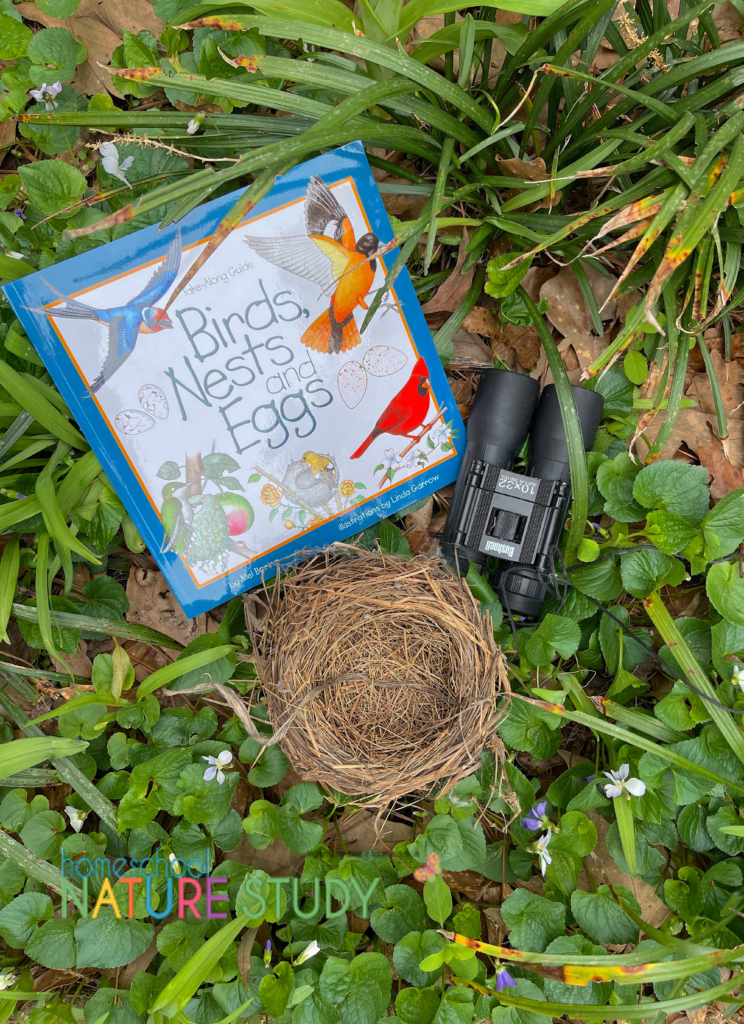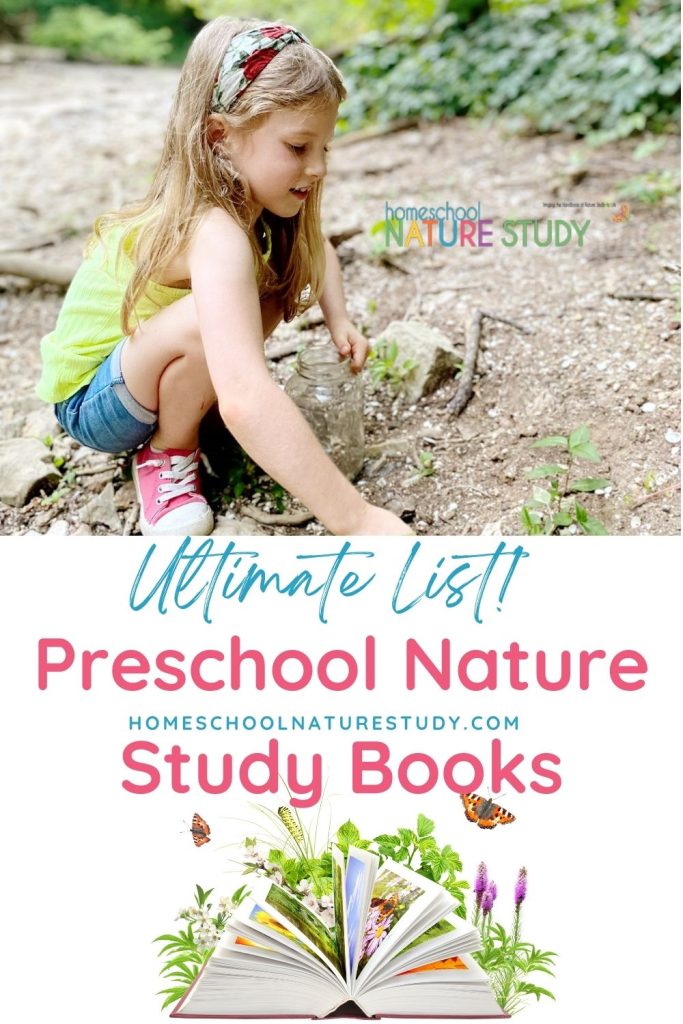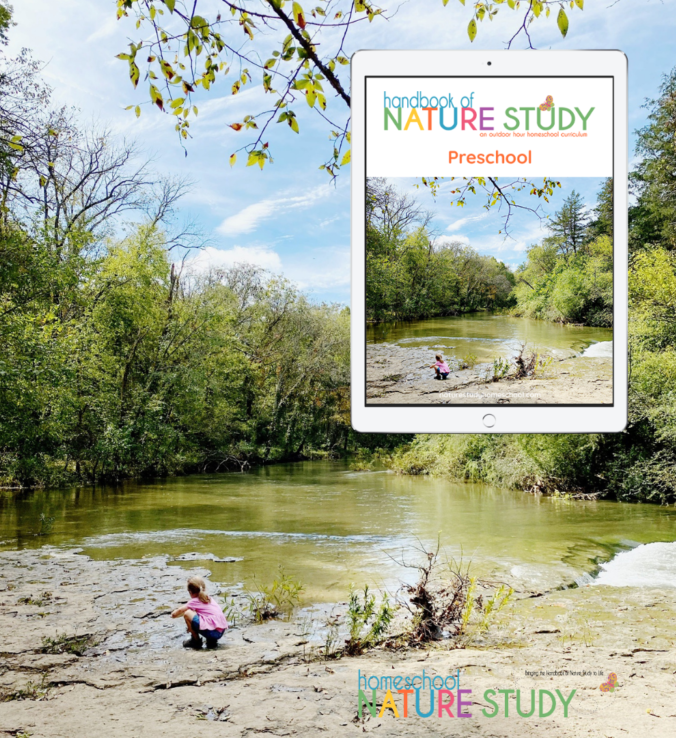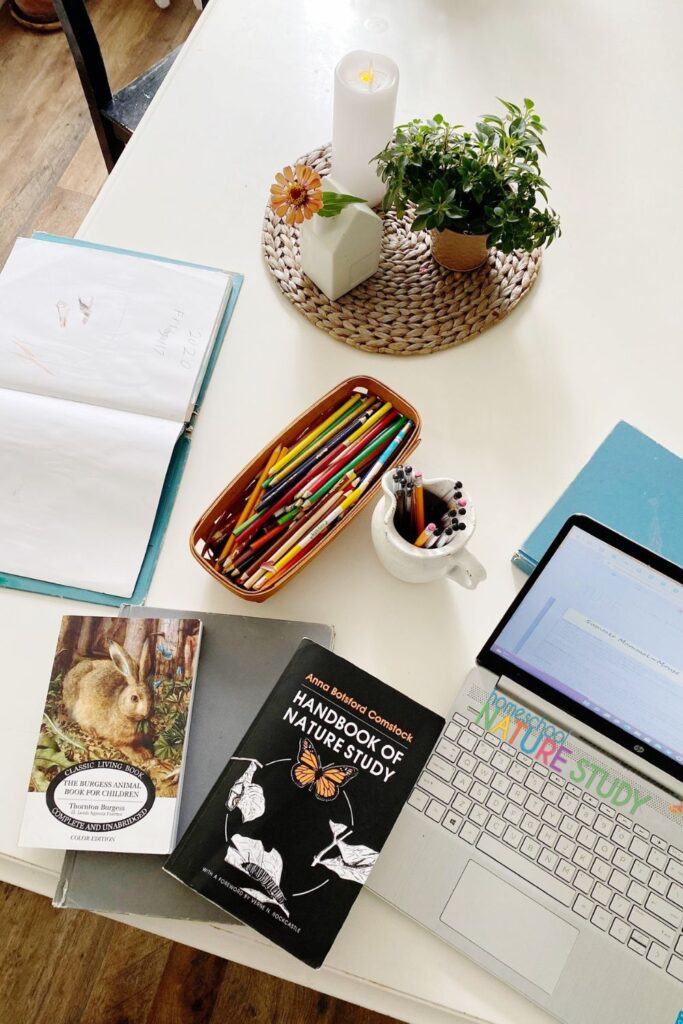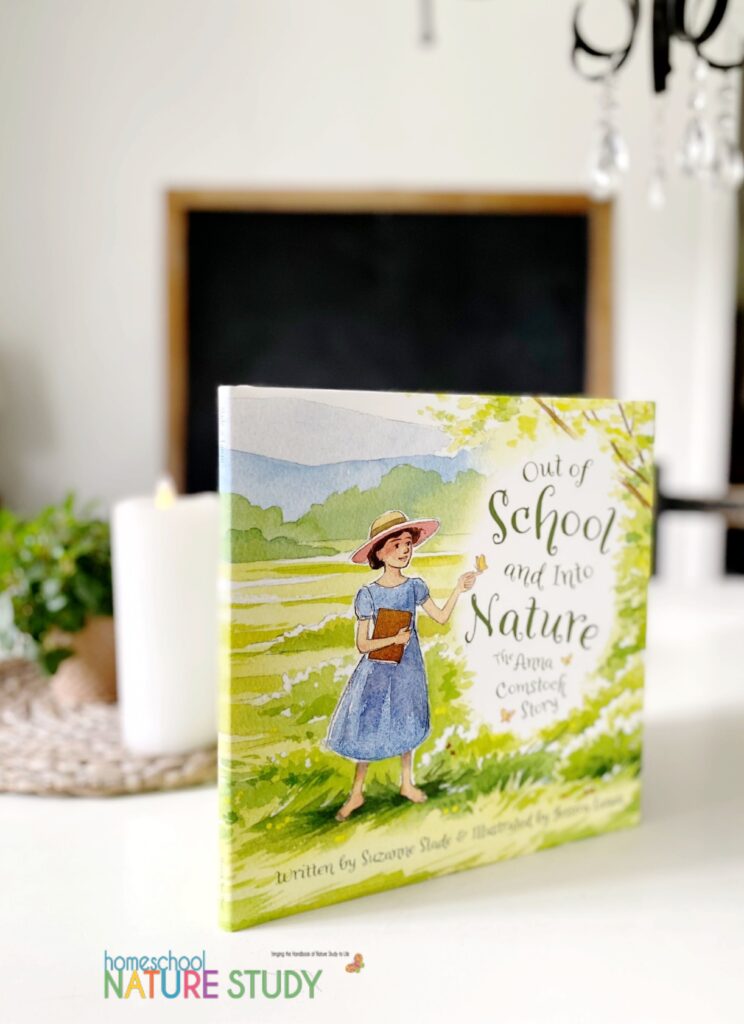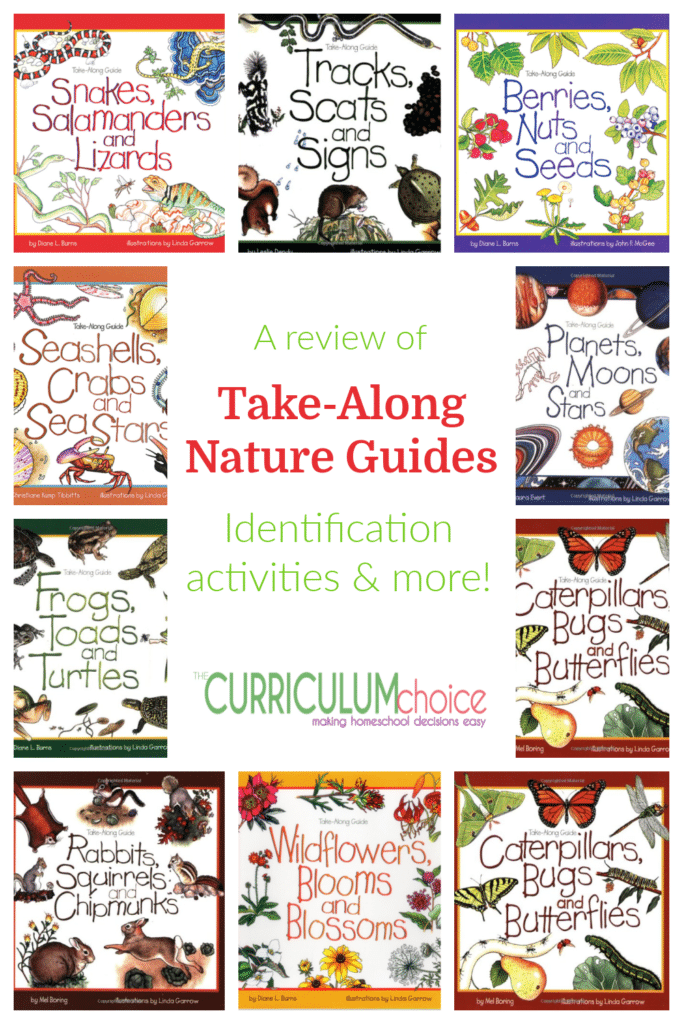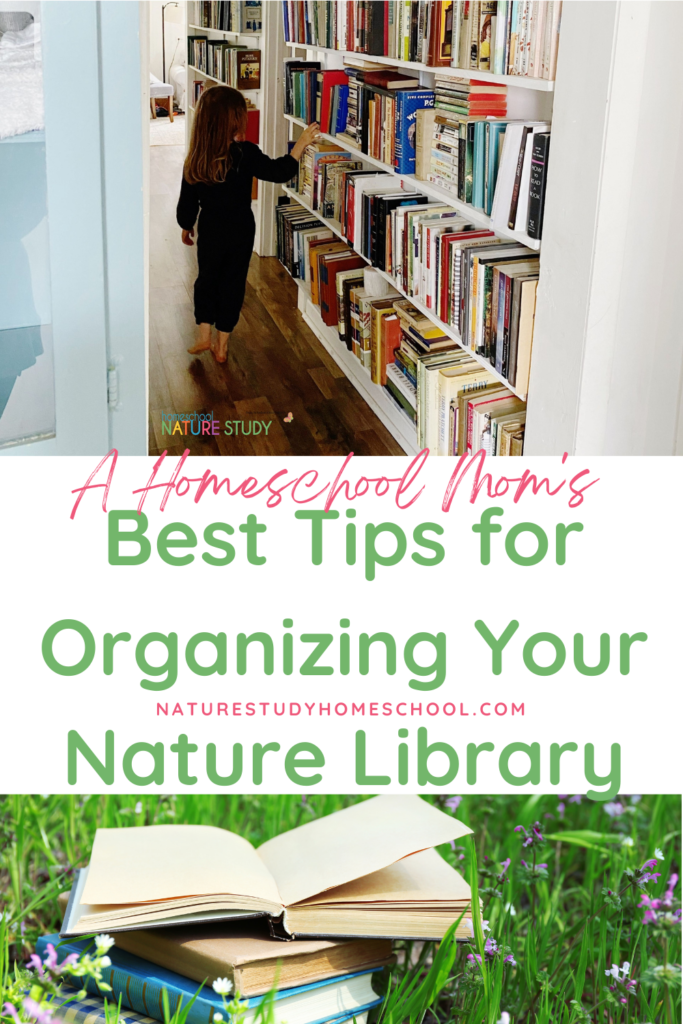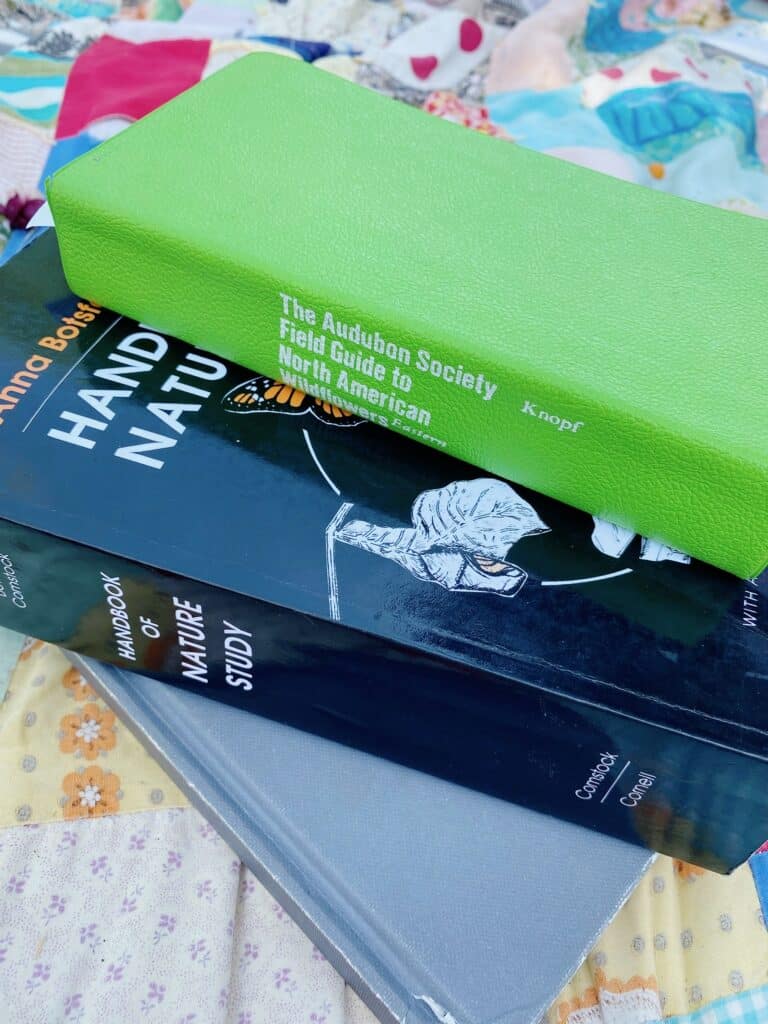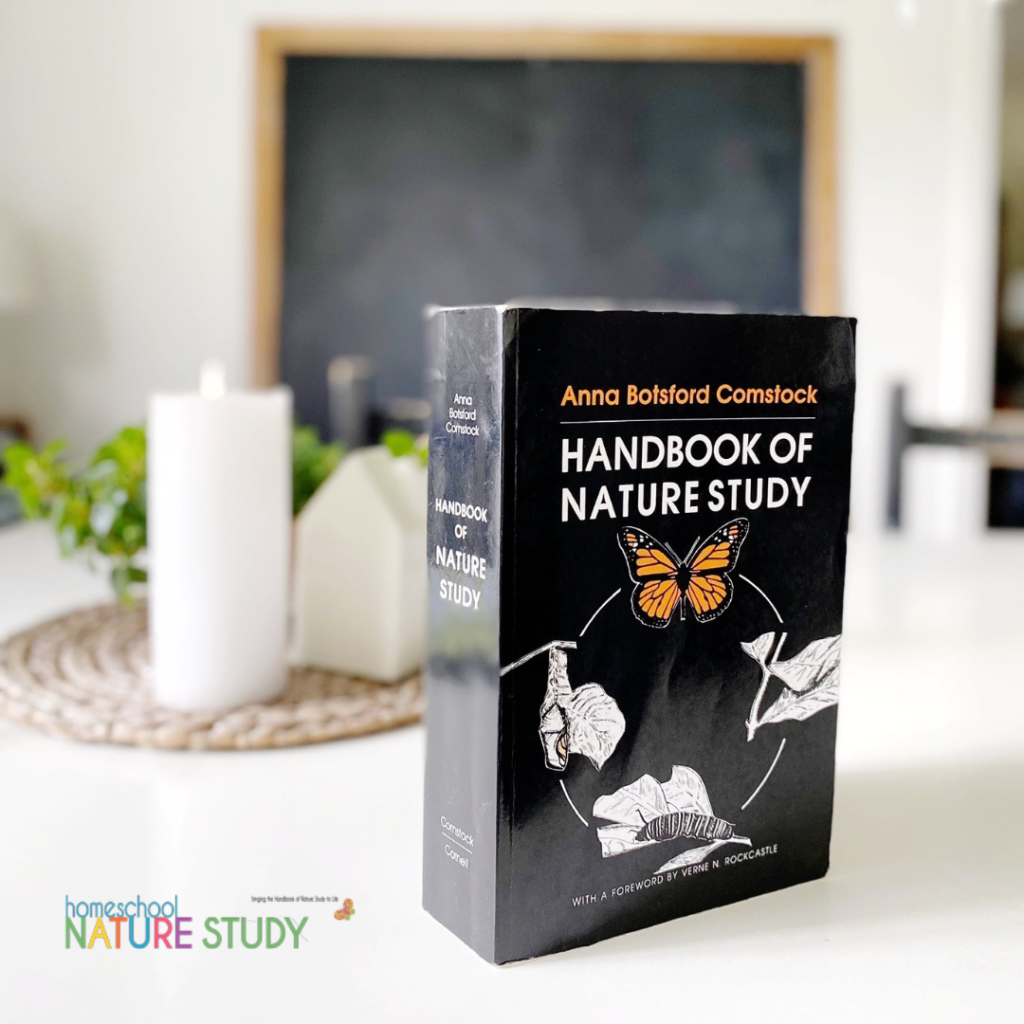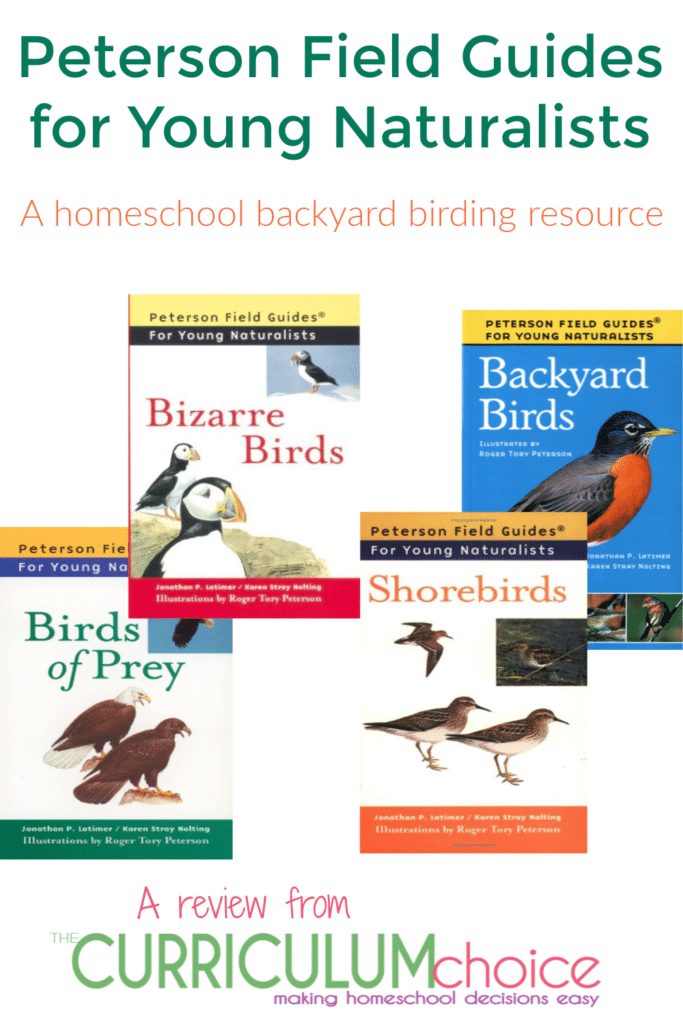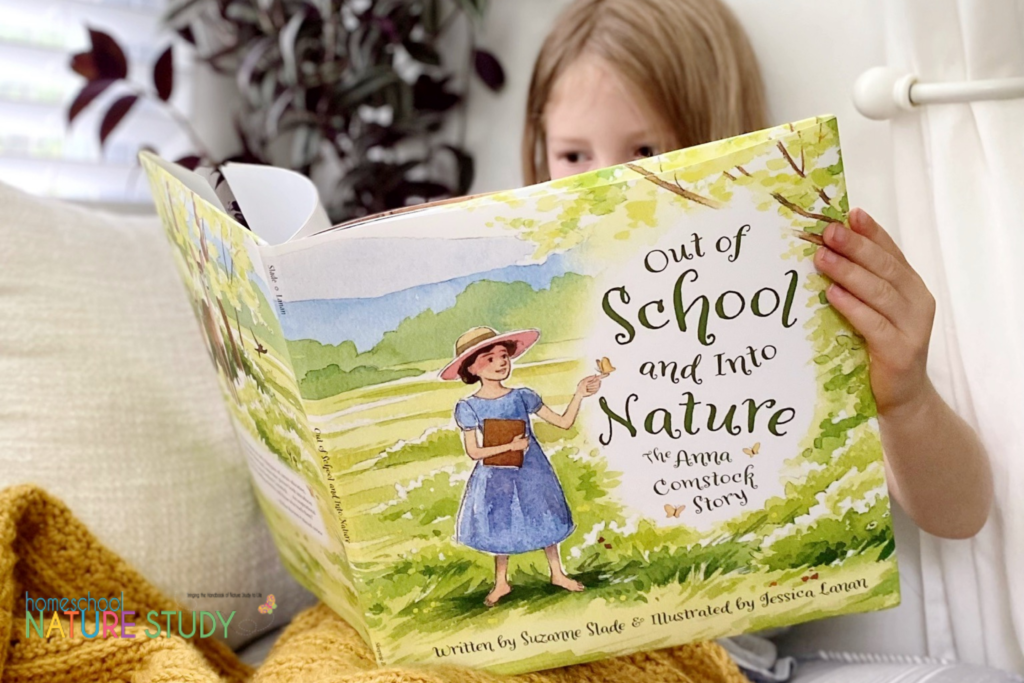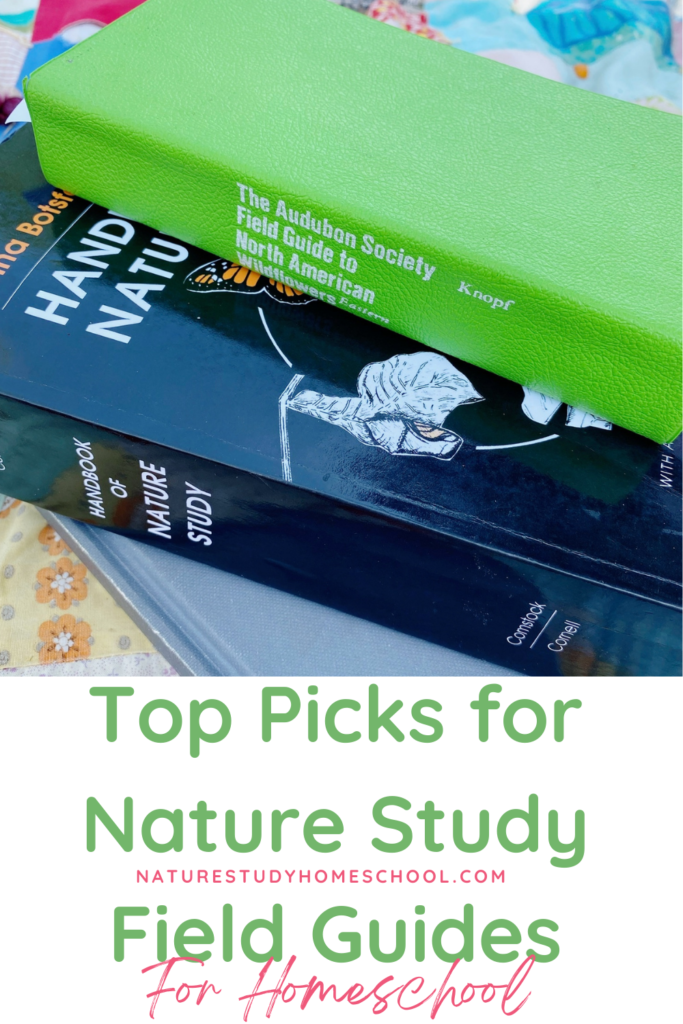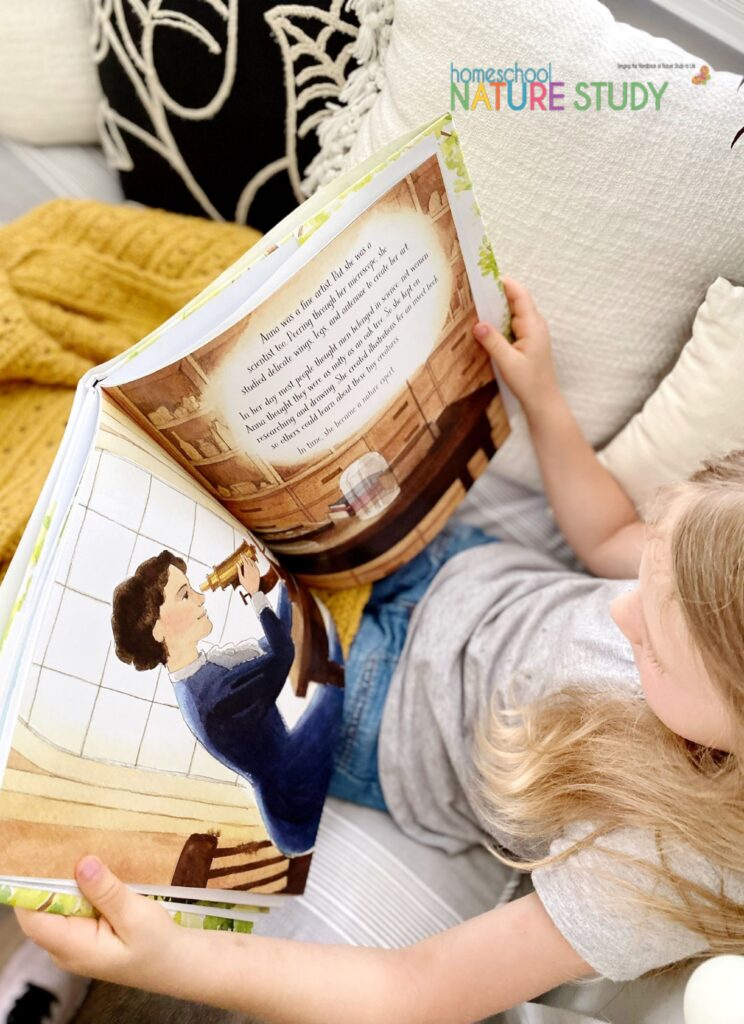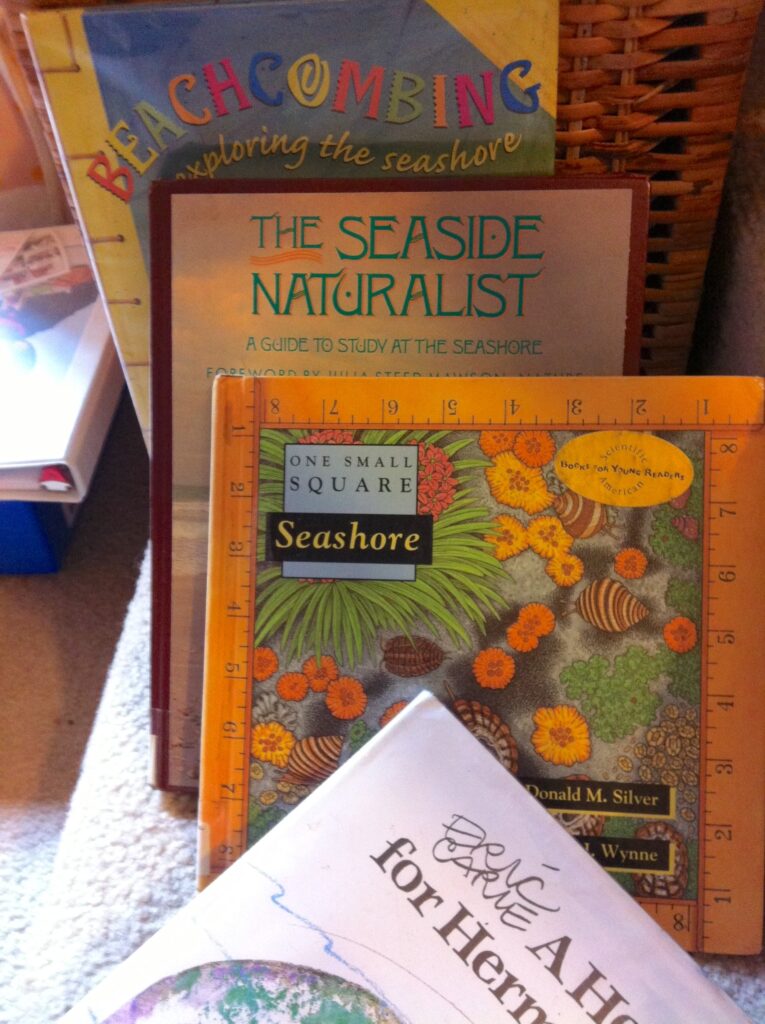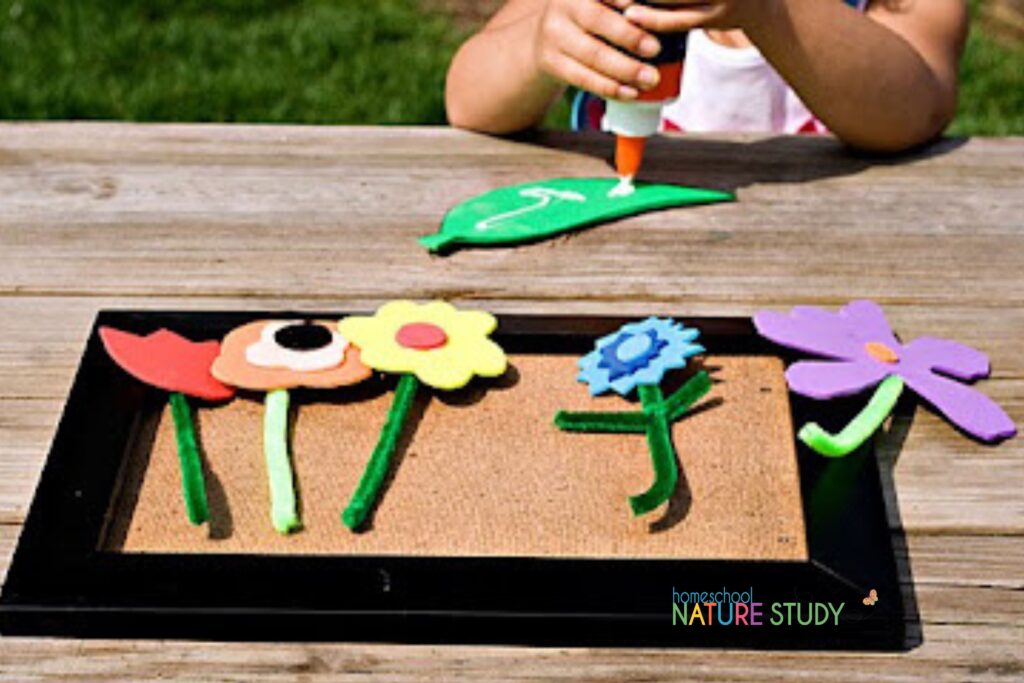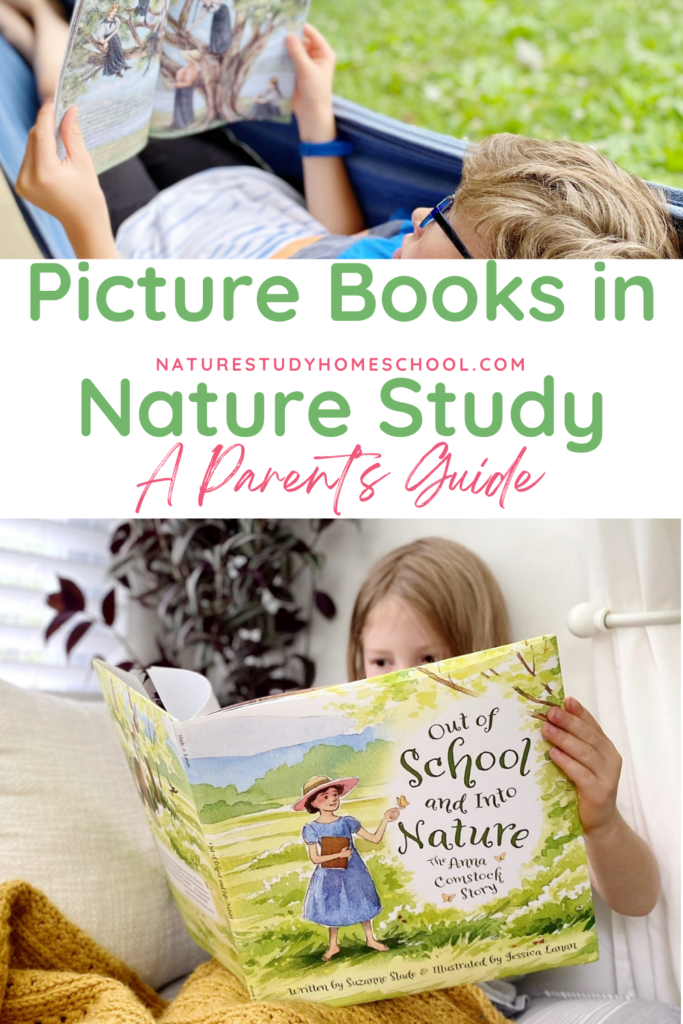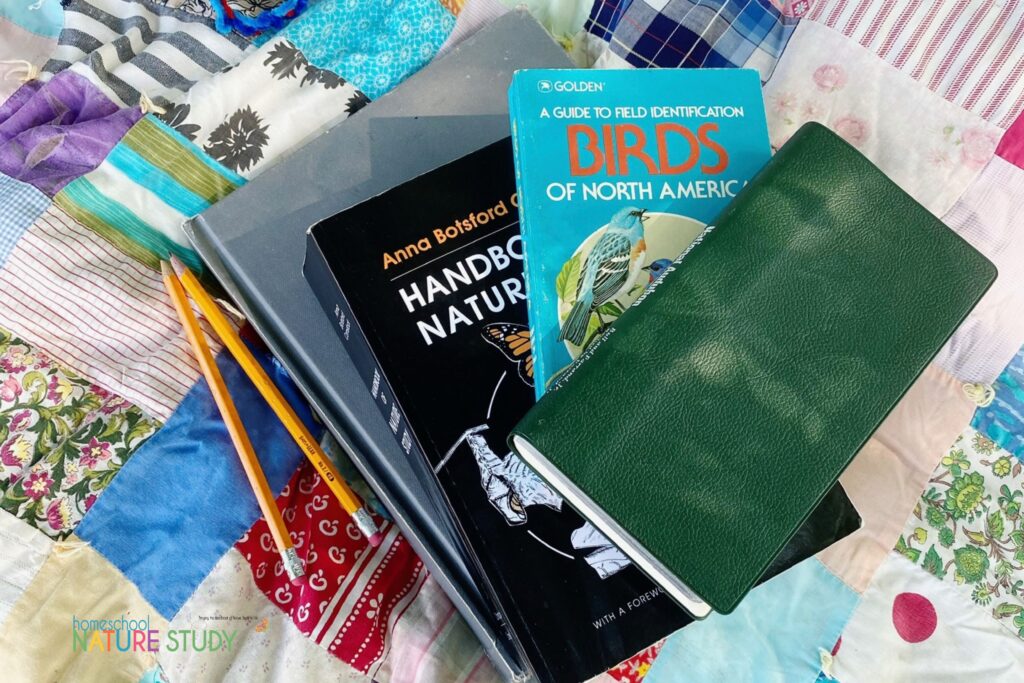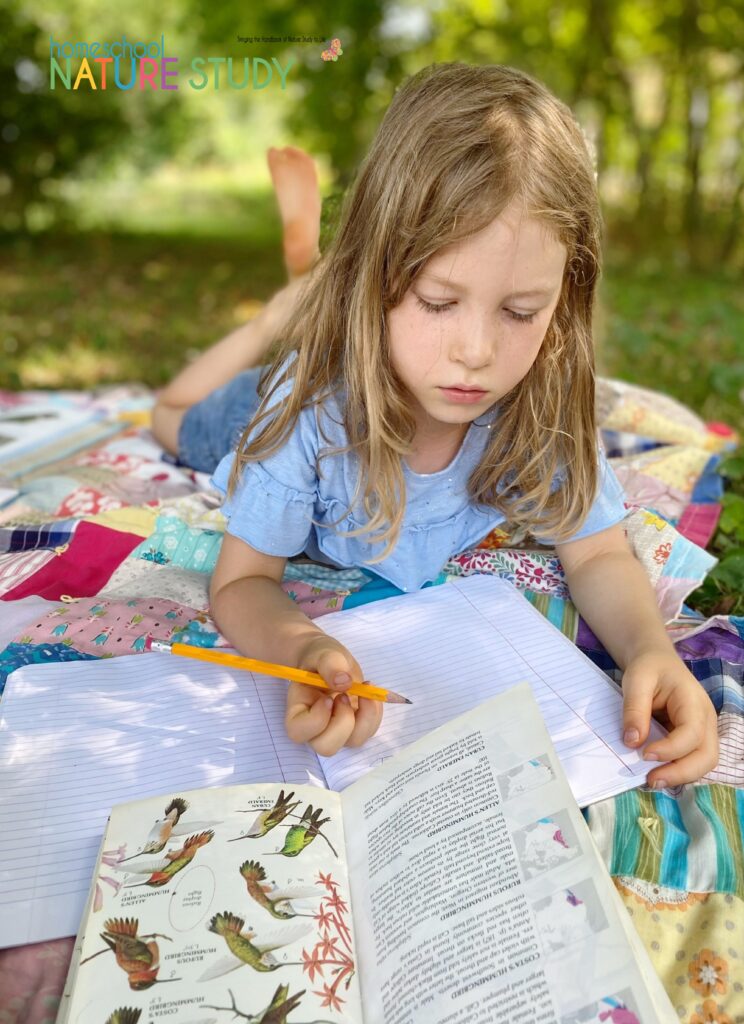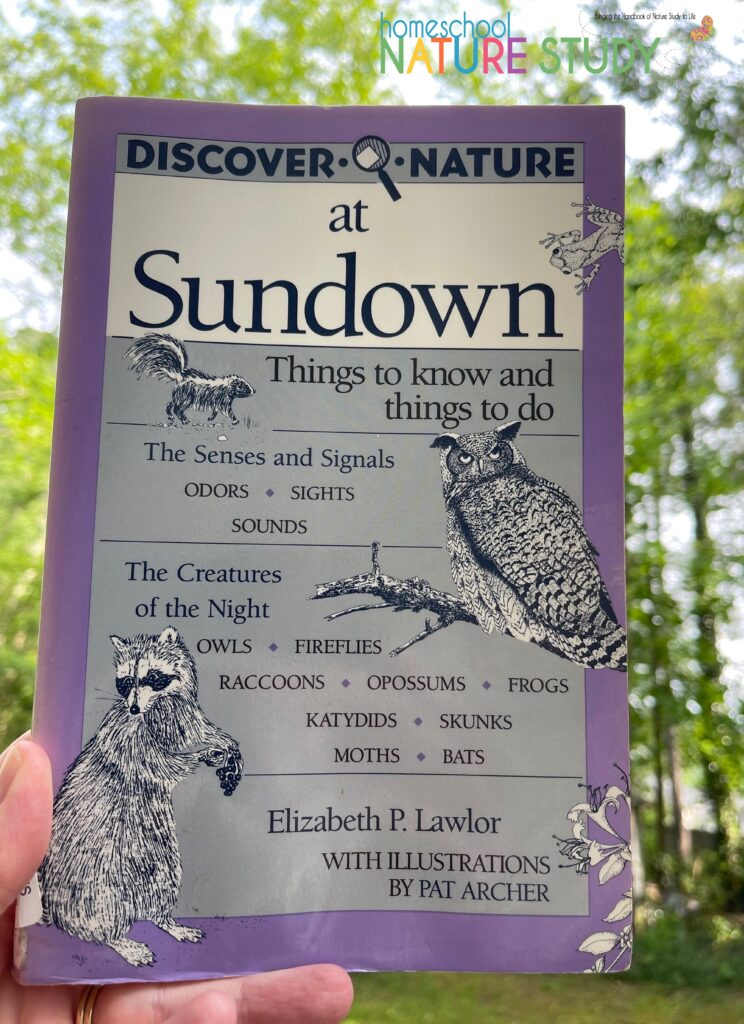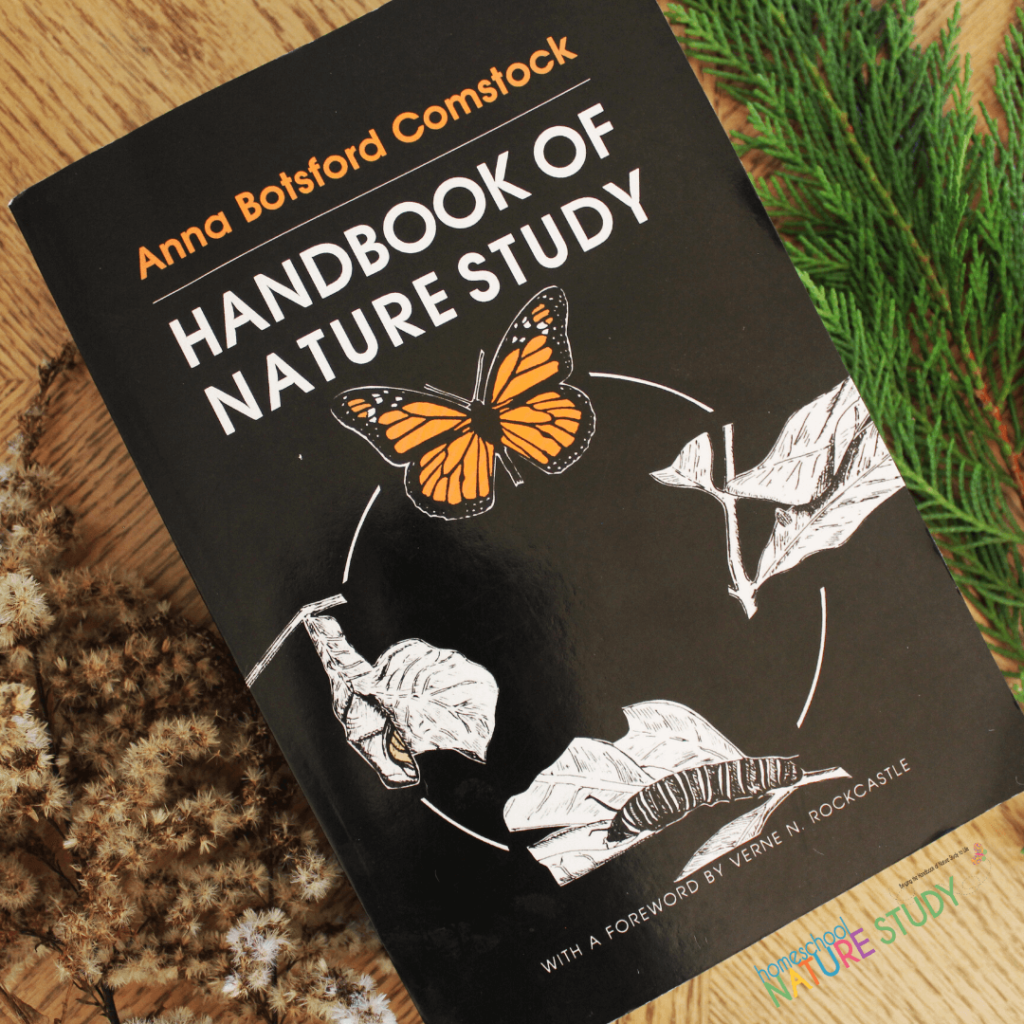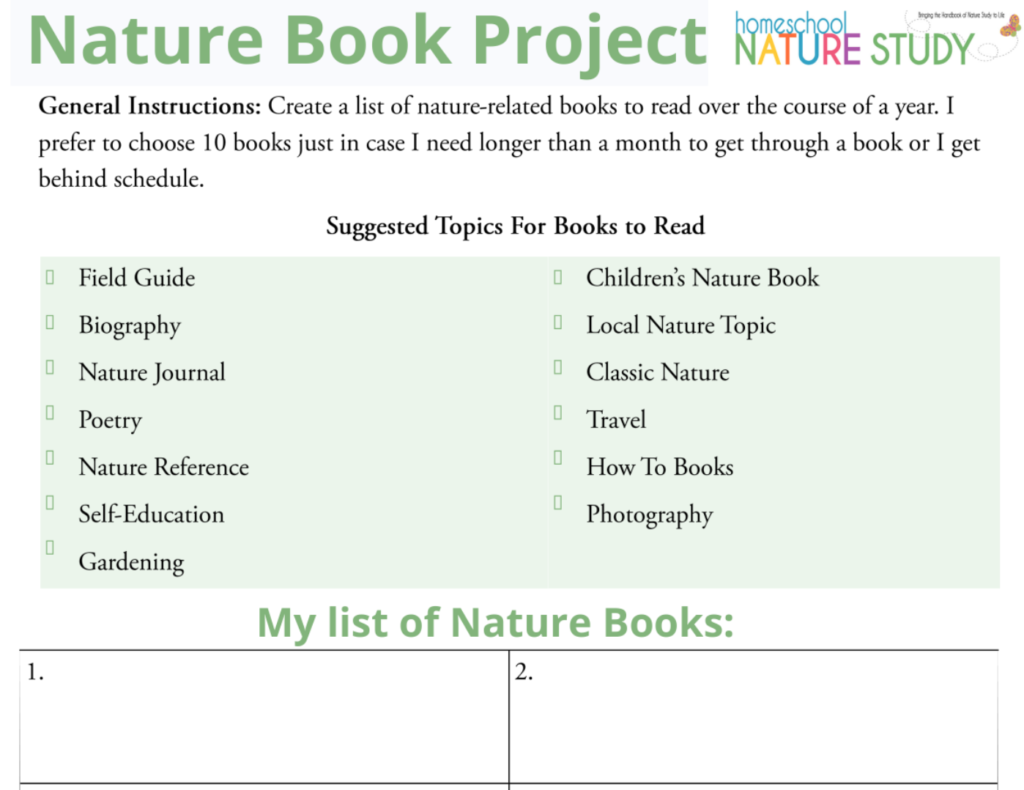Over the years, our family has built a nature themed library of our favorite and most useful resources. There are picture books featuring the natural world, fiction with a nature theme, and non-fiction reference and activity filled books. Even now with my children all grown and on their own, I use this nature library for my own benefit and enjoyment.
Photo by Amy Law
This entry is not intended to be an exhaustive list of nature books you could have in your home. Rather, it’s filled with possible selections and ideas you can adapt to your own personal tastes and habitat.
Cultivate the Habit of Reading Nature Books
“Nature themed literature is a wonderful way to generate an interest in the natural world. These books can also be used to enhance an area of study by sharing information along with illustrations in a simple and non-threatening way. Children can usually sit still for a few minutes while you share a picture book and many times, they will later pick up the book again all on their own and really study it.”
This is a quote from a newsletter article I wrote and then shared on the blog. You can read the entire article here: Using the Public Library to Enhance Your Nature Study
Young Children – Create a Nature Book Basket
Gathering seasonal or themed nature study books into a basket takes a few minutes of preparation but it can provide hours of enjoyment for your family.
Three Ways a Book Basket Facilitates Learning
¨ Introduces and allows familiarity to nature study topics: Make sure to read or page through any picture books in the basket at the beginning of the month. Demonstrate how to use field guides (or learn how to use them together with your children).
¨ Reference: If you choose books that fit into your monthly nature study themes, you can refer to the books in the basket as needed to support or go more in-depth as you work through your weekly topics.
¨ Allows for independent learning: Leaving the basket out at a level accessible to your children will allow them to study the books on their own during their free time.
Recommendations for Your Nature Library
The list below shares some of my favorite books from our family’s nature library. Please use this list as a starting point and then build upon it with books that capture the interest and locality of your family.
Birds, Nests and Eggs – The book Birds, Nests, and Eggs is the perfect beginner’s book for homeschool nature study. It’s also a wonderful take along guide that features many of the common birds that we see in our yards and neighborhoods.
North American Wildlife: One of my all-time favorite books for nature study. This colorful edition will keep the interest of children of all ages.
Tracks, Scats, and Signs: This is one of my favorite books for learning about signs of mammals. It is perfect for a winter mammal study! Look for printables available to Member’s in the Library.
Backyard Birds: This book is the basis for a whole series of bird nature study ideas. It’s a great beginner’s book on birds. Please note it is used extensively in my Learning About Birds ebook available to Members.
My Favorite Tree: You will love having this book as part of your nature library. Learn more about so many interesting trees and use the resources in this entry to take your study deeper.
Discover Nature at Sundown: Family Summer Nature Study: This is one in a series of books that takes you into more advanced nature study around a specific theme. This book focuses on things you can study at sundown.
One Small Square: Seashore: Are you getting ready for a trip to the beach? This book will give you plenty of nature study observation ideas to try. I also highly recommend this whole series of One Small Square books for your nature library.
Pond Life (Golden Series): We have used this book extensively in our own family’s pond studies. I hope you look for it at your library and enjoy its awesome illustrations and information. Members can download a pond habitat printable set from the Member’s Library.
America’s Prairies and Grasslands: This beautiful book is one in a series that I highly recommend. Members can download a prairie habitat printable set from the Member’s Library.
Take Along Nature Guides: No, nature study is not something we take a break from during the summer. So naturally, I’m always looking for appealing books to help us out in our nature study to help spark my kids’ interest in all things outdoors. When I found my first “Take-Along Guide” at a used book store, I was interested so I purchased it. But it was later when I began really reading it that I became really interested.
Out of School and Into Nature: The Anna Comstock Story – Out of School and Into Nature: The Anna Comstock Story is a beautiful picture book biography about the author of The Handbook of Nature Study. Anna Botsford Comstock was passionate about children getting out of the classroom and into nature to learn first hand about our beautiful world.
Beautiful Charlotte Mason Picture Book Biography – This lovely Charlotte Mason picture book biography tells the story of Miss Mason, painting a picture of the time she lived, her knowledge of how children learn and her passion for children to love learning.
“These books are so perfect for any part of nature you are studying!”
The Handbook of Nature Study
7 Top Tips for Using the Handbook of Nature Study in Your Homeschool – Have you ever wondered how to use The Handbook of Nature Study? Does one look at it have you feeling completely overwhelmed? Here are 7 top tips to help you use The Handbook Of Nature Study In Your Homeschool.
Handbook of Nature Study: Friend or Foe? There it is… The Handbook of Nature Study, sitting on your bookshelf. Now what? It can be intimidating to say the least. Is The Handbook Of Nature Study a friend or foe in your homeschool?
Nature Book Report and Nature Book Project Printables
Homeschool Nature Study members have access to two resources to complement your nature book fun! Members enjoy a Nature Book Report Printable which is a wonderful follow up to your reading. There is also a Nature Book Project list to help you purposefully add nature books to your homeschool learning.
More Summer Reading Resources for Your Homeschool
Summer Reading Inspiration for Your Homeschool – at The Curriculum Choice. Summer is fast approaching and while you may be taking a break from any formal homeschooling, summer is a great time to indulge in reading great books. Here I have collected a bunch of summer reading inspiration. Everything from reading lists, to fun book clubs, book related activities and more!
Summer Ideas: A Chalkboard List – simple prompts to keep creativity going!
The Outdoor Hour Challenges Bring The Handbook of Nature Study to Life in Your Homeschool!
For even more homeschool nature study ideas for all seasons, join us in Homeschool Nature Study membership! You’ll receive new ideas each and every week that require little or no prep – all bringing the Handbook of Nature Study to life in your homeschool!
Be inspired. Be encouraged. Get outdoors!
Nature Book Project started by Barb McCoy, founder of the Outdoor Hour Challenges. Updated by Tricia.
